Best laptop for engineering students in 2025: Top picks for every budget
Master your course with best engineering student laptops
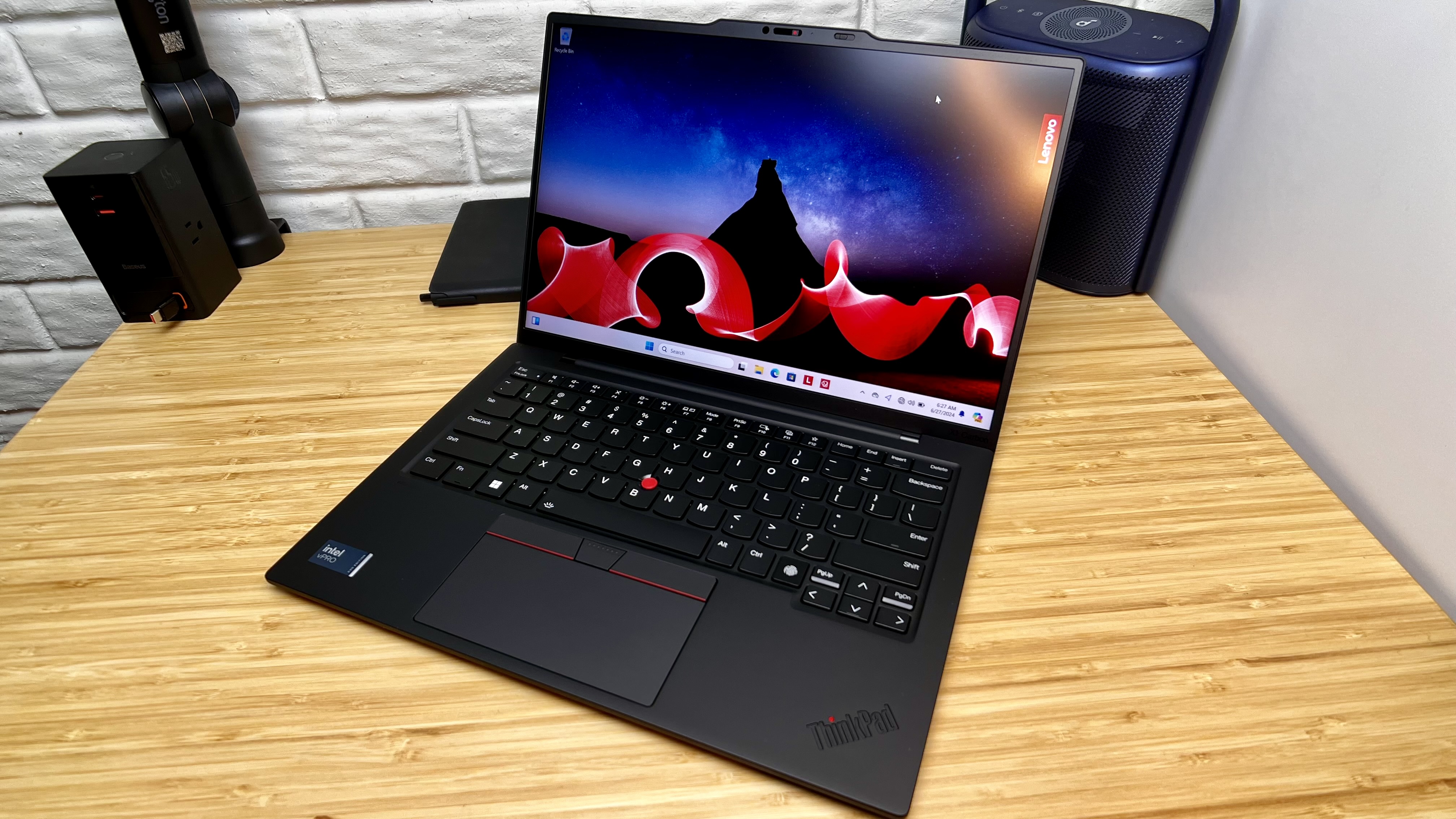
With over 1,800 laptop, Chromebook, and MacBook reviews, we've rounded up the best laptops for engineering students to see you through your course and beyond.
My team and I have extensively tested and benchmarked a massive range of the best laptops and best student laptops suitable for engineering students, with a focus on performance and portability. When looking for good laptops for engineering students, we've compared to specs, run the benchmarks, and looked for robust designs that make them suitable for carrying around campus and working on the go.
Right now, I rate the Lenovo ThinkPad X1 Carbon as the best laptop for engineering students overall, thanks to its impressive power, sleek but durable chassis, and one of the best keyboards you can find on a modern laptop. You can read the full review below, as well as explore some impressive alternatives for those who need a power-boost, a bigger screen, or a mechanical engineering laptop on a budget.
For more options, see our round-up of the best business laptops, too.
- Best laptop for AutoCAD deals: We tracked down the best AutoCAD laptop deals around right now
Recent updates
March 2025: I've updated this list with the stunning, big-screen Dell XPS 17 and the Dell Precision 5690, both of which scored high marks in our latest reviews.
The quick list
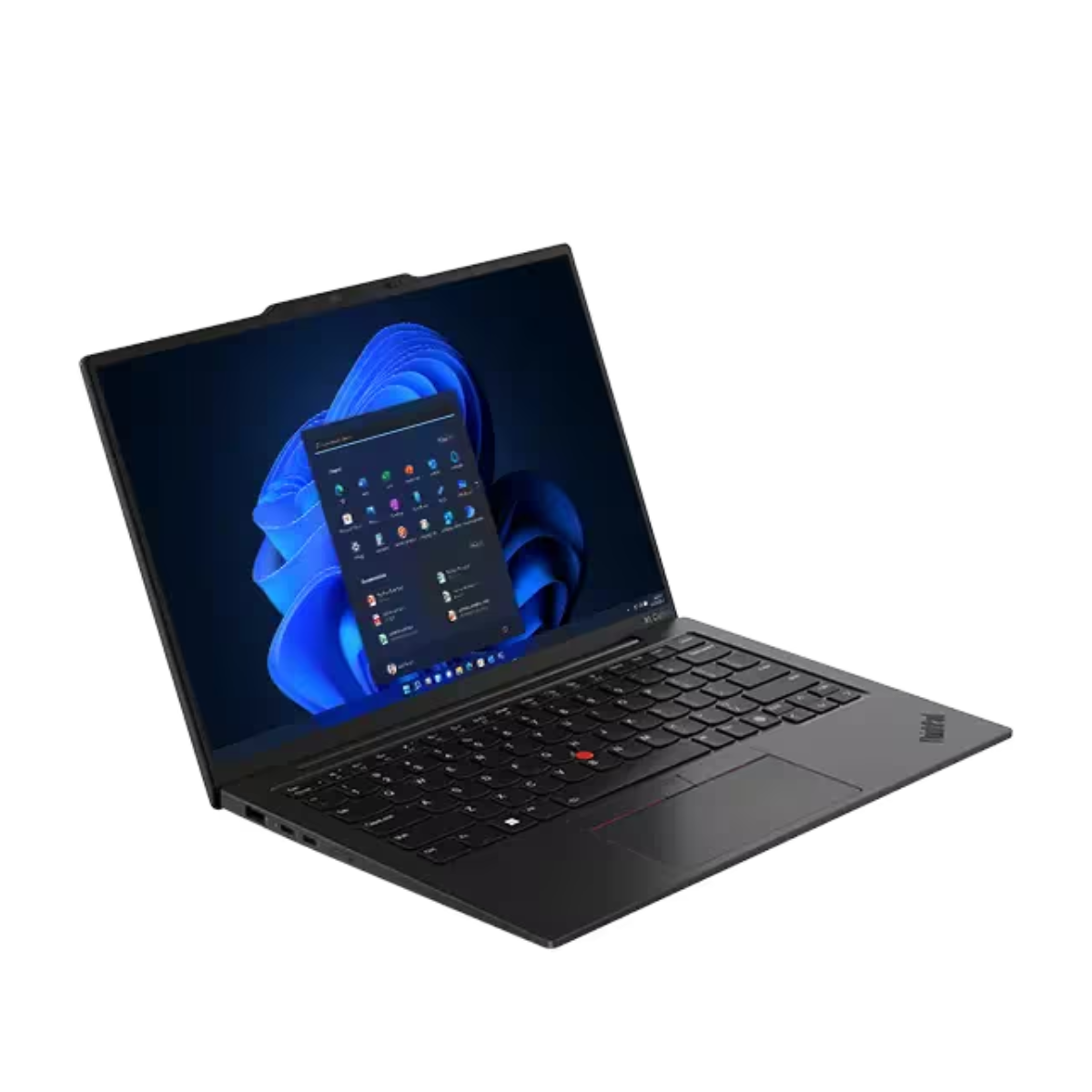
The Lenovo Thinkpad X1 Carbon is all around a gorgeous laptop designed for those who need to get some serious work done but don't want to feel like they're carrying around a workstation.
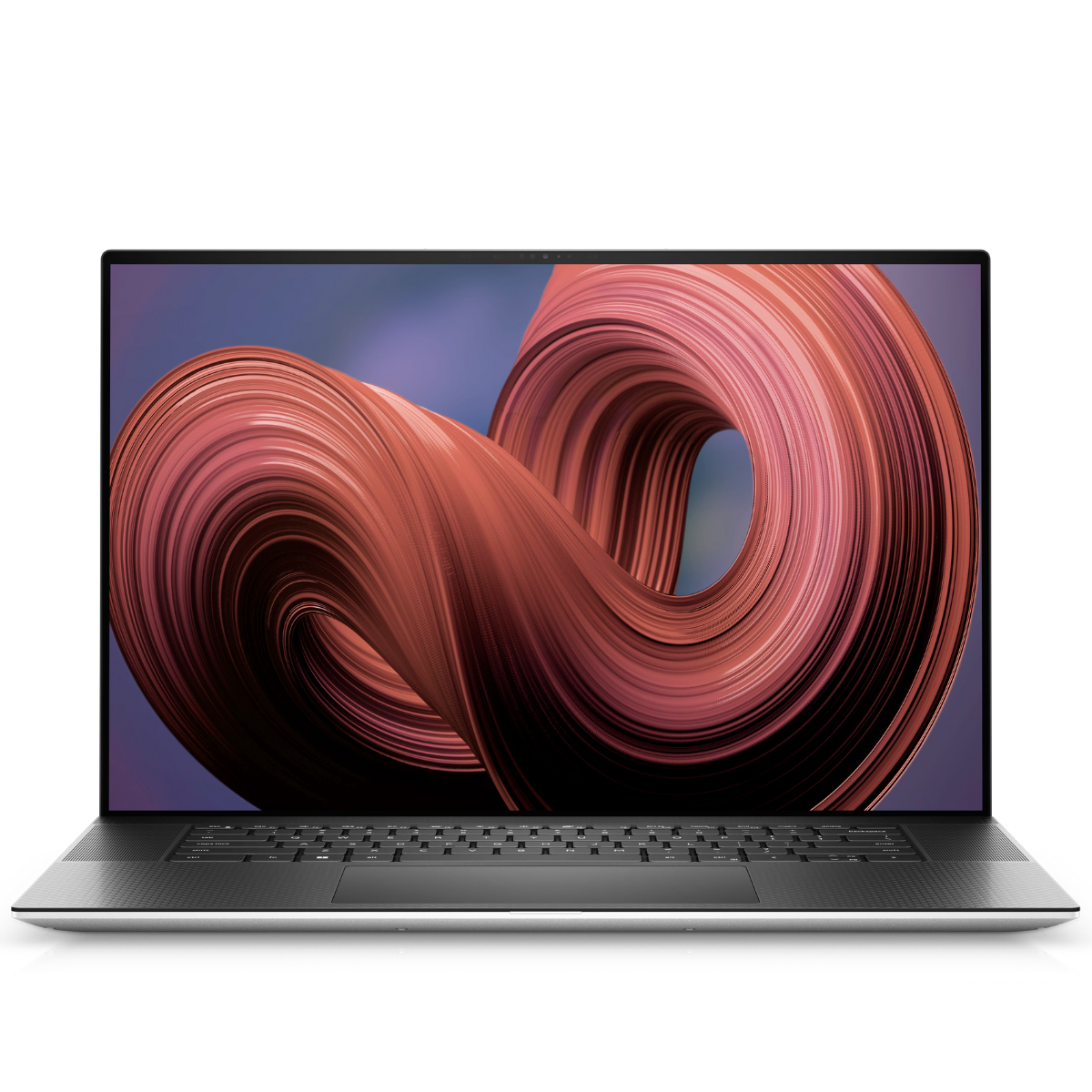
Powerful specs and a gorgeous 17in 4K display mark this out as a great pick for those who want a high-res screen for drilling into details.
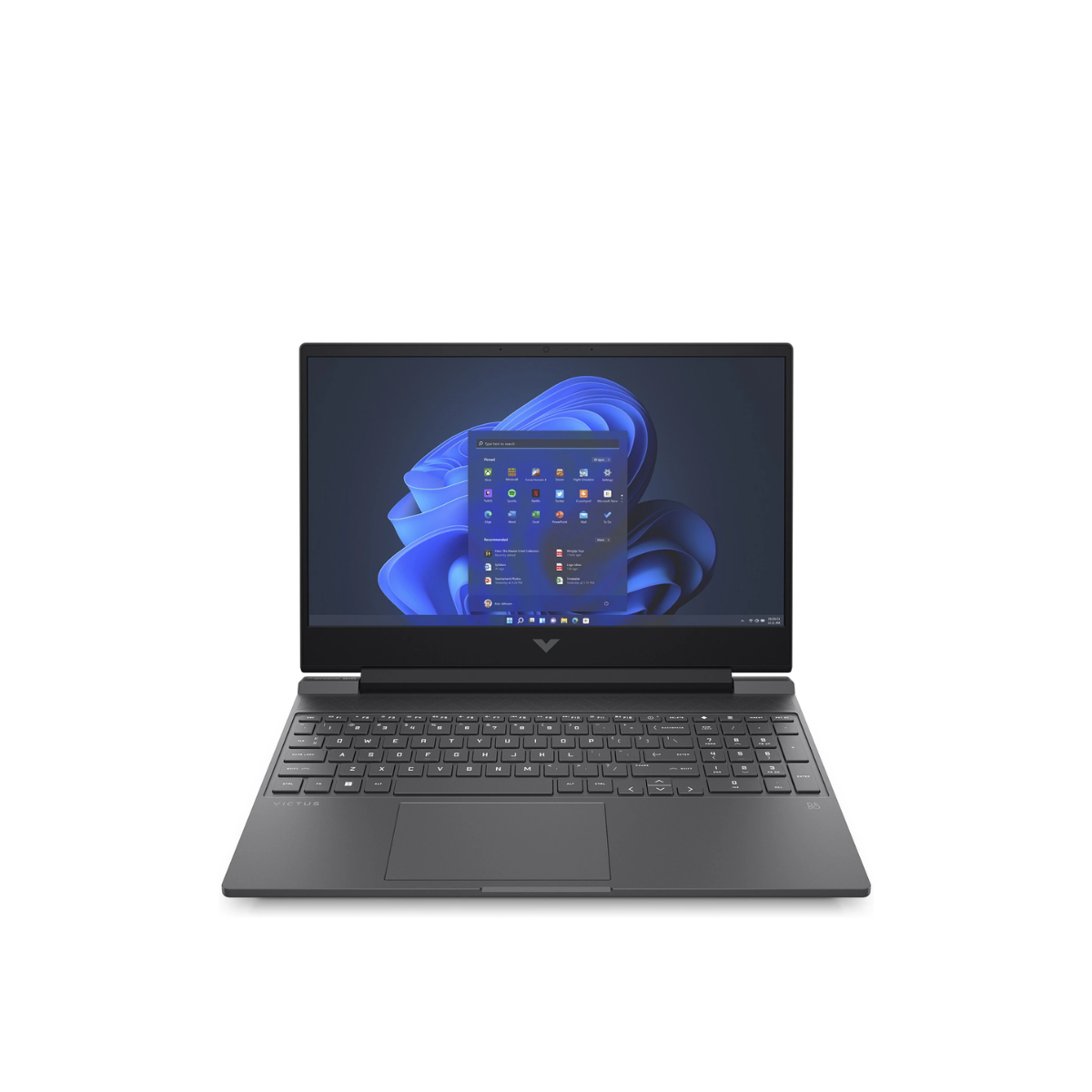
Equipped with an Intel Core i5 and NVIDIA GeForce GTX 1650, it's capable of tackling advanced programs such as CAD, which are essential for engineering students.
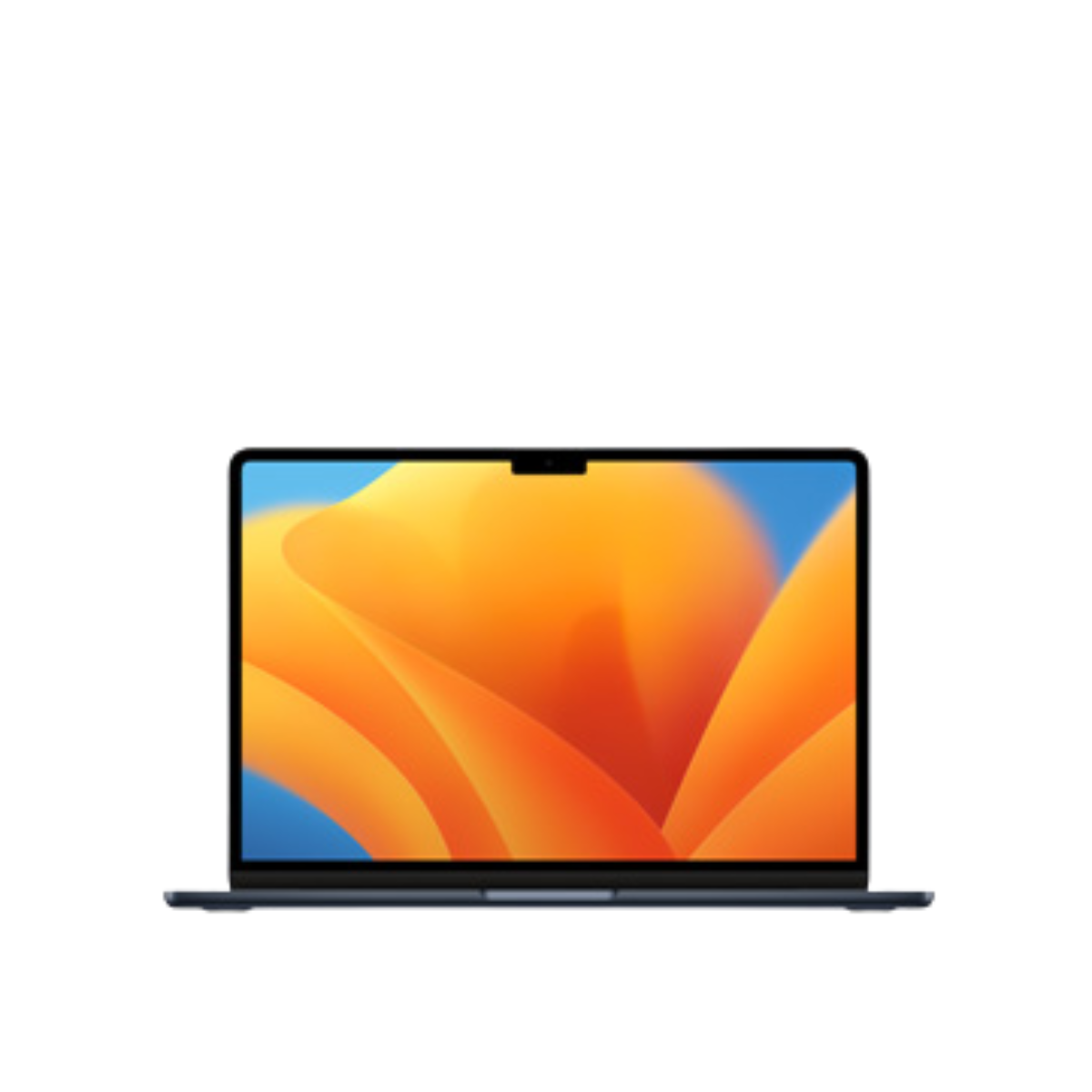
The Apple MacBook Air 13-inch (M3) is a powerful yet portable laptop that blends excellent performance, fan-less design, and long battery life into a sleek, lightweight package.
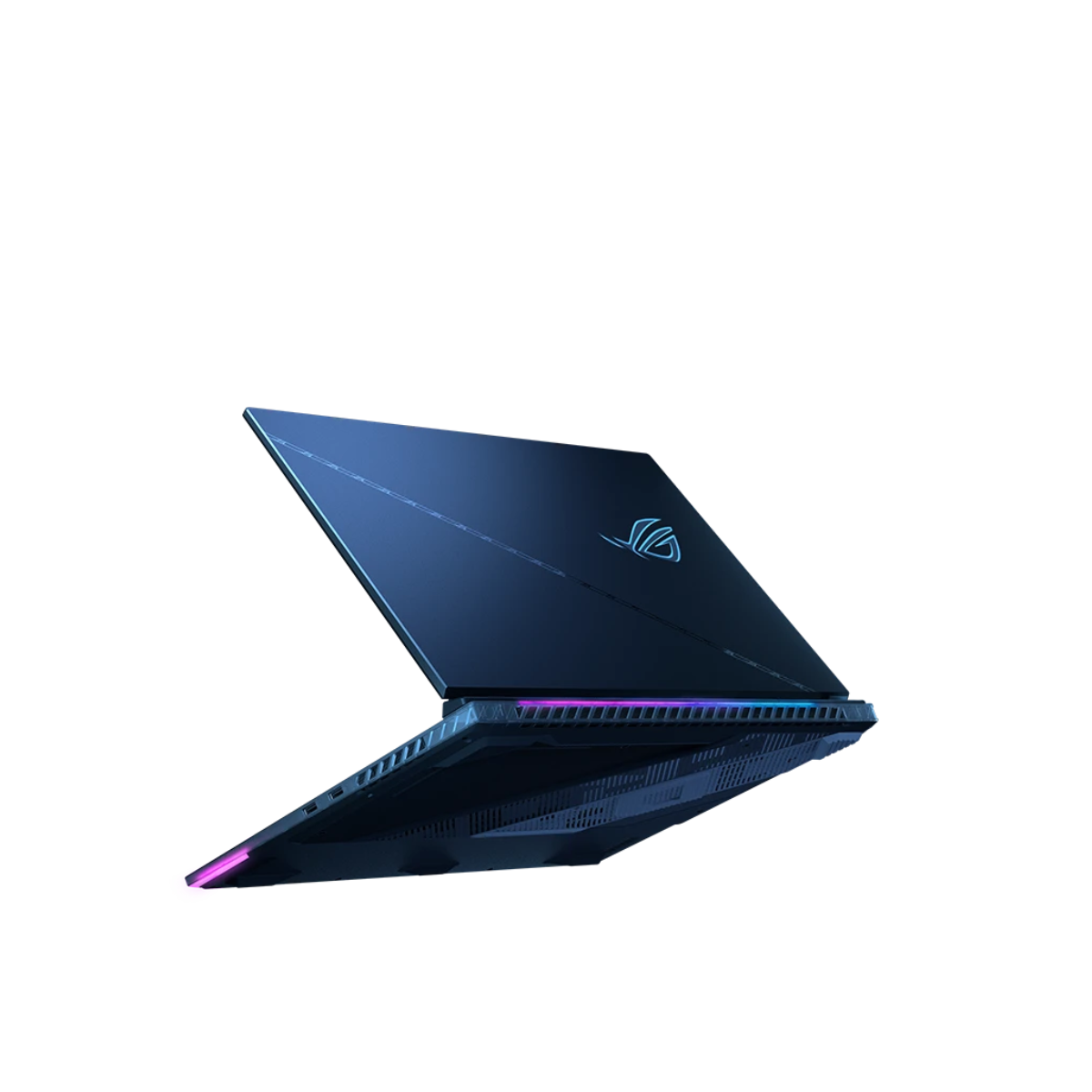
The Asus ROG Strix Scar 18 is a powerful laptop designed for anyone who needs high-performance computing, delivering exceptional speed and visuals.
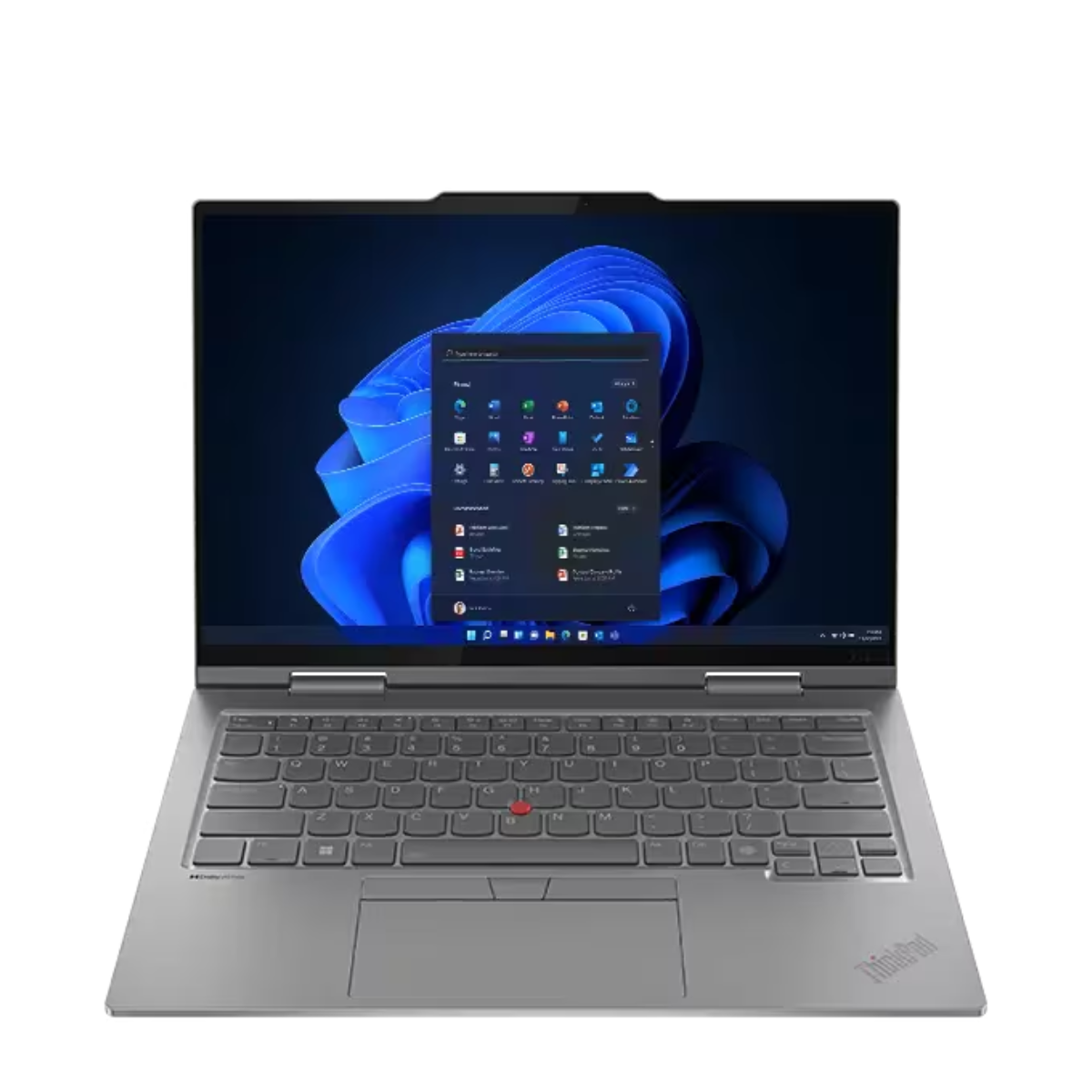
The Lenovo Thinkpad X1 2-in-1 is a versatile 14in touchscreen laptop equipped with an Intel Core Ultra 5 processor, 16GB RAM, with a comfortable keyboard and long-lasting battery life.
See more
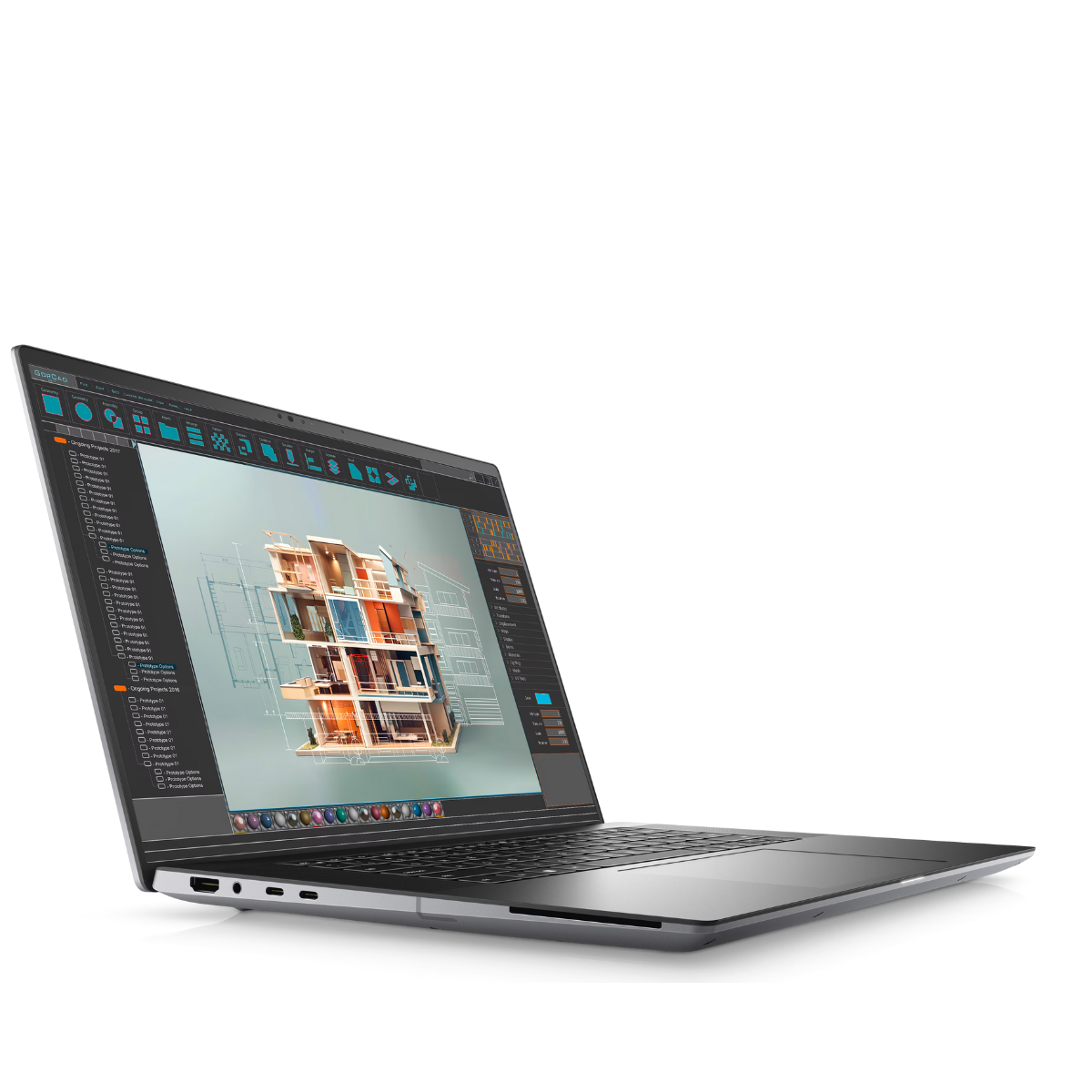
This mobile workstation offers excellent performance for a whole range of tasks, from CAD to engineering - but it comes at a price.
Best laptop for engineering students overall

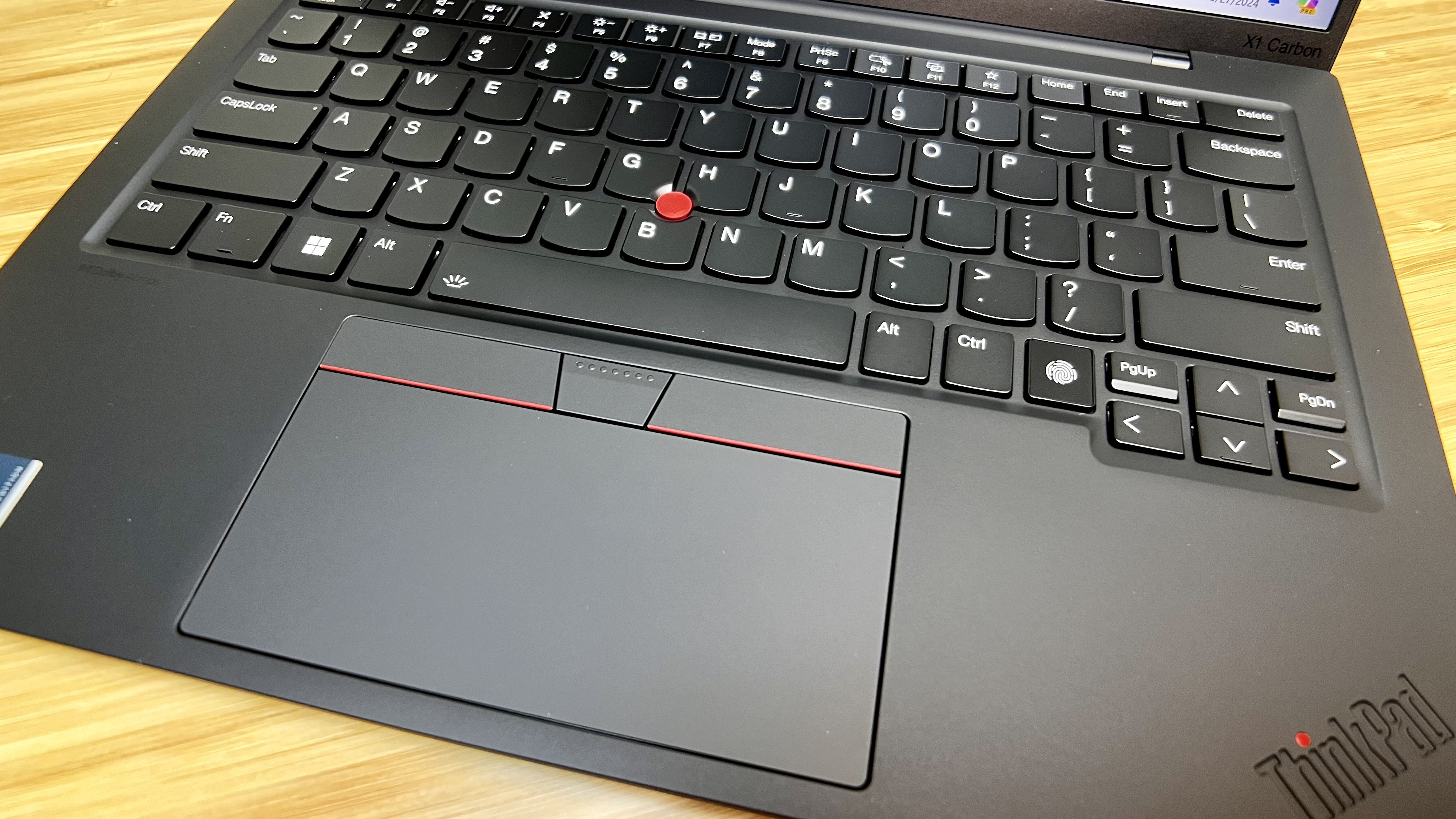
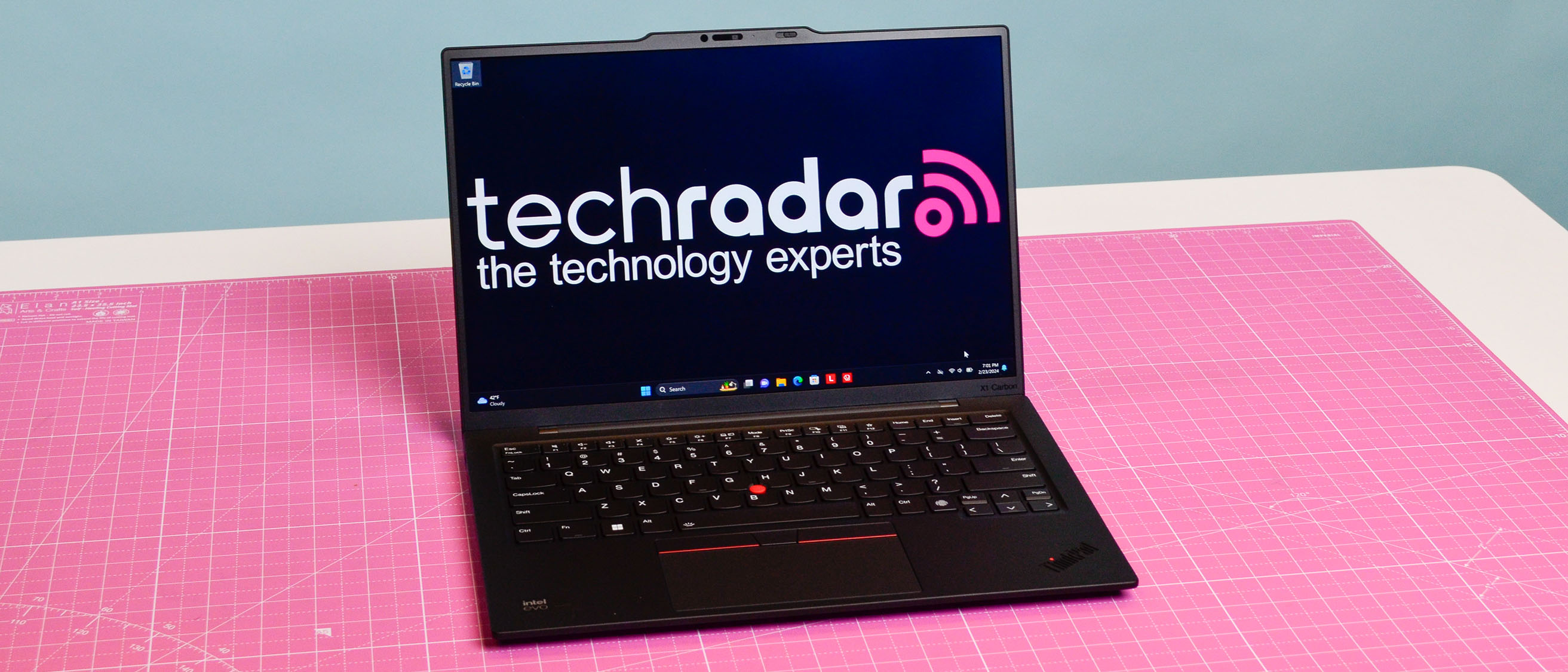
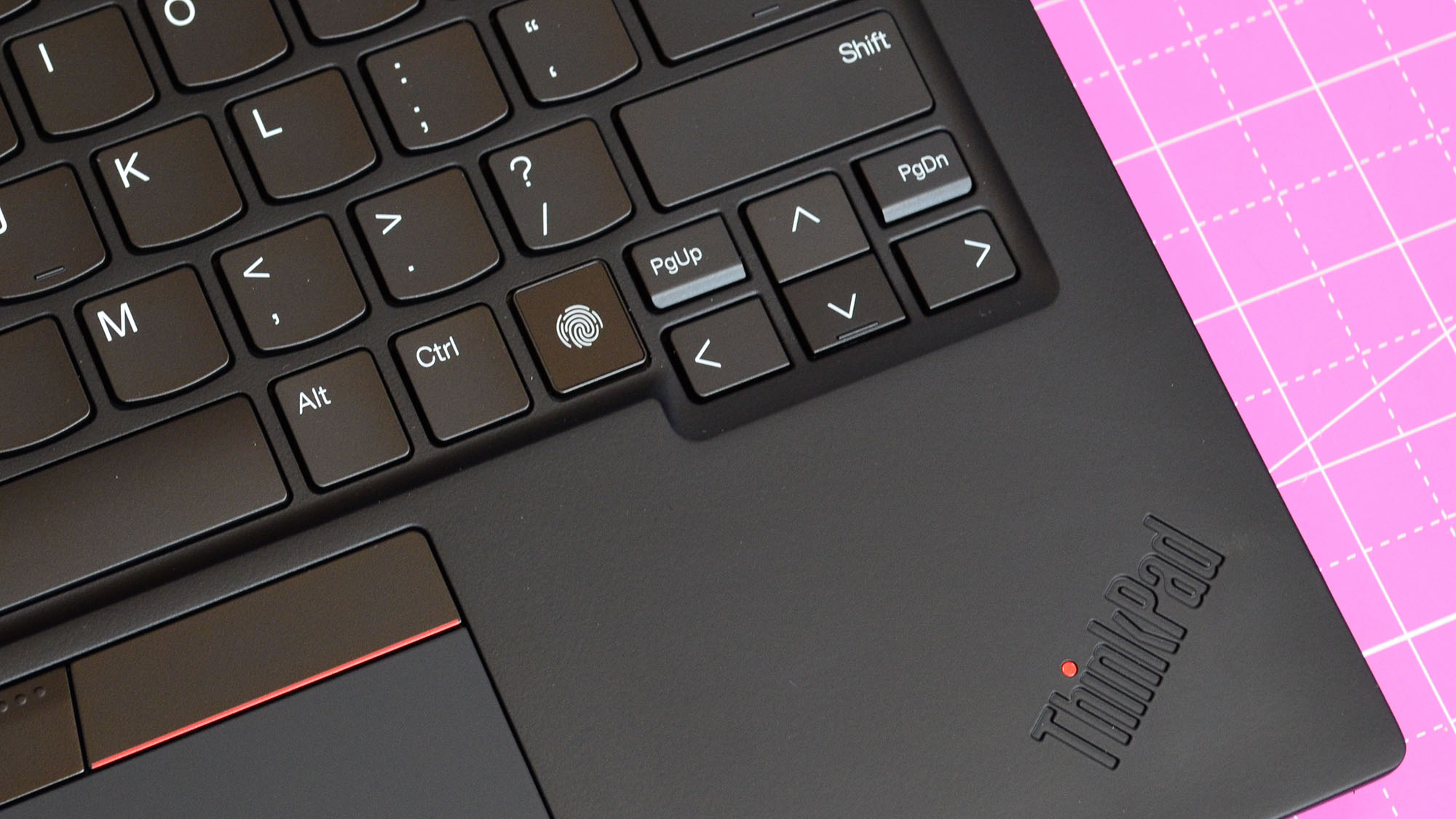
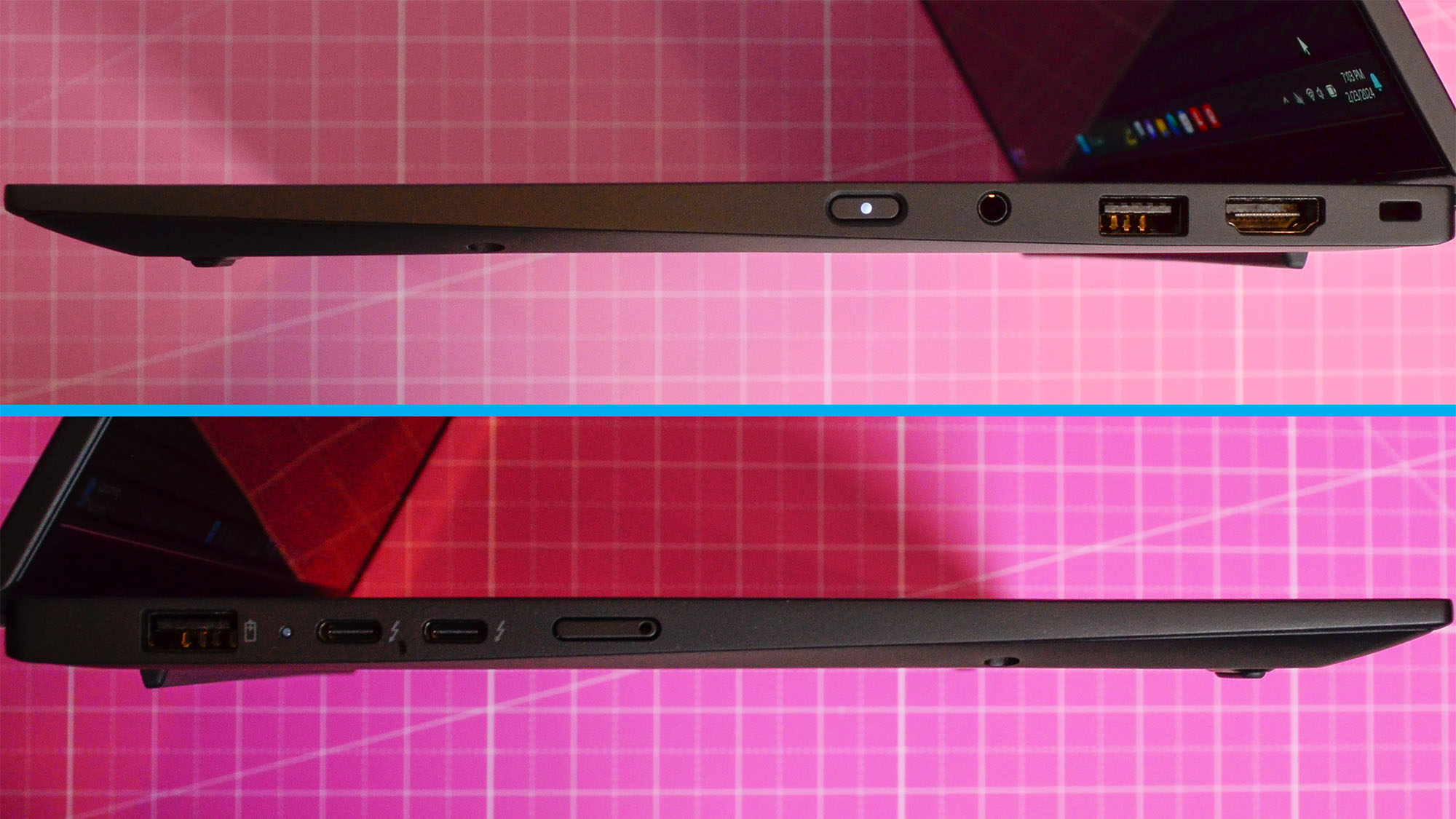
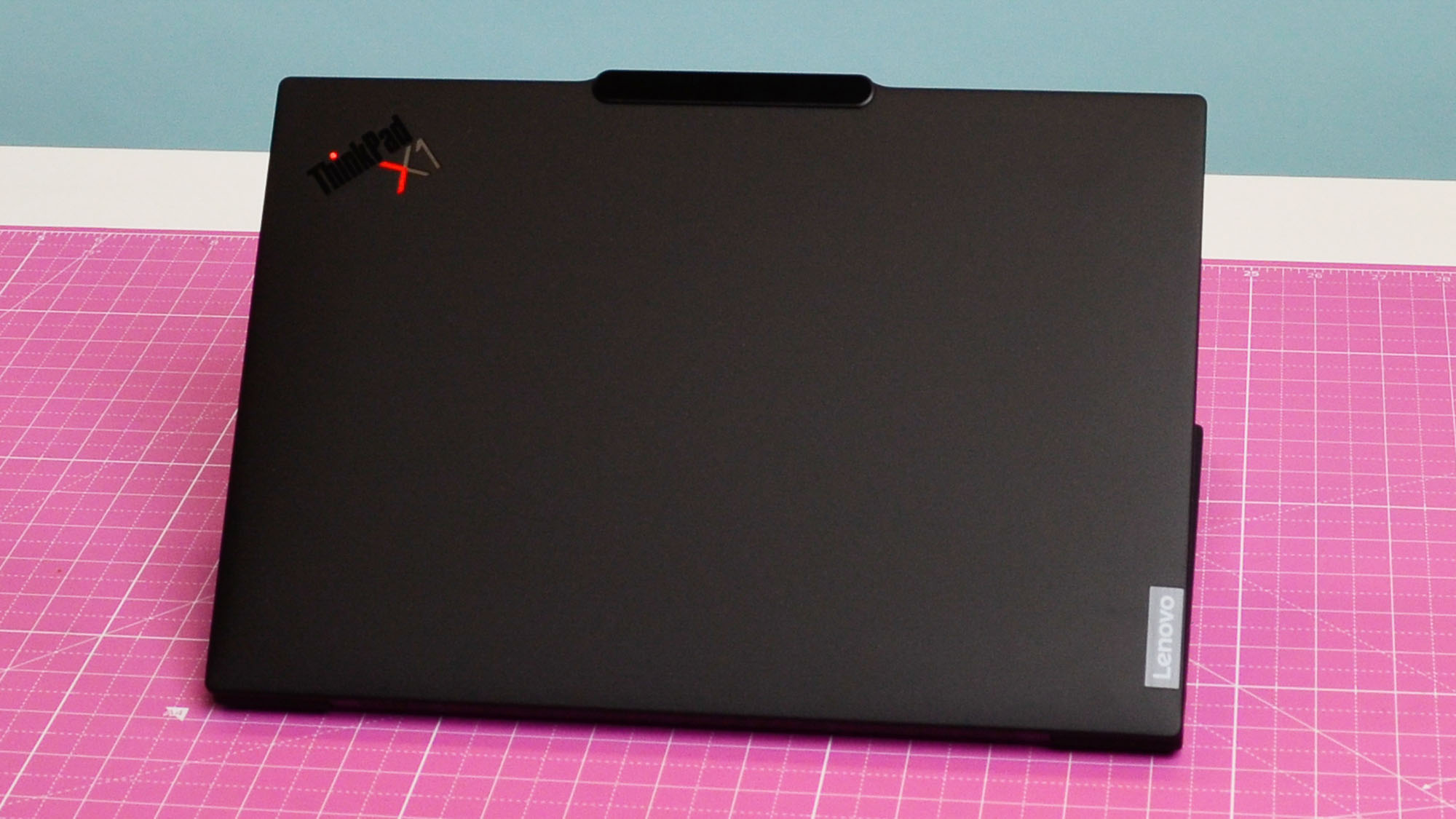
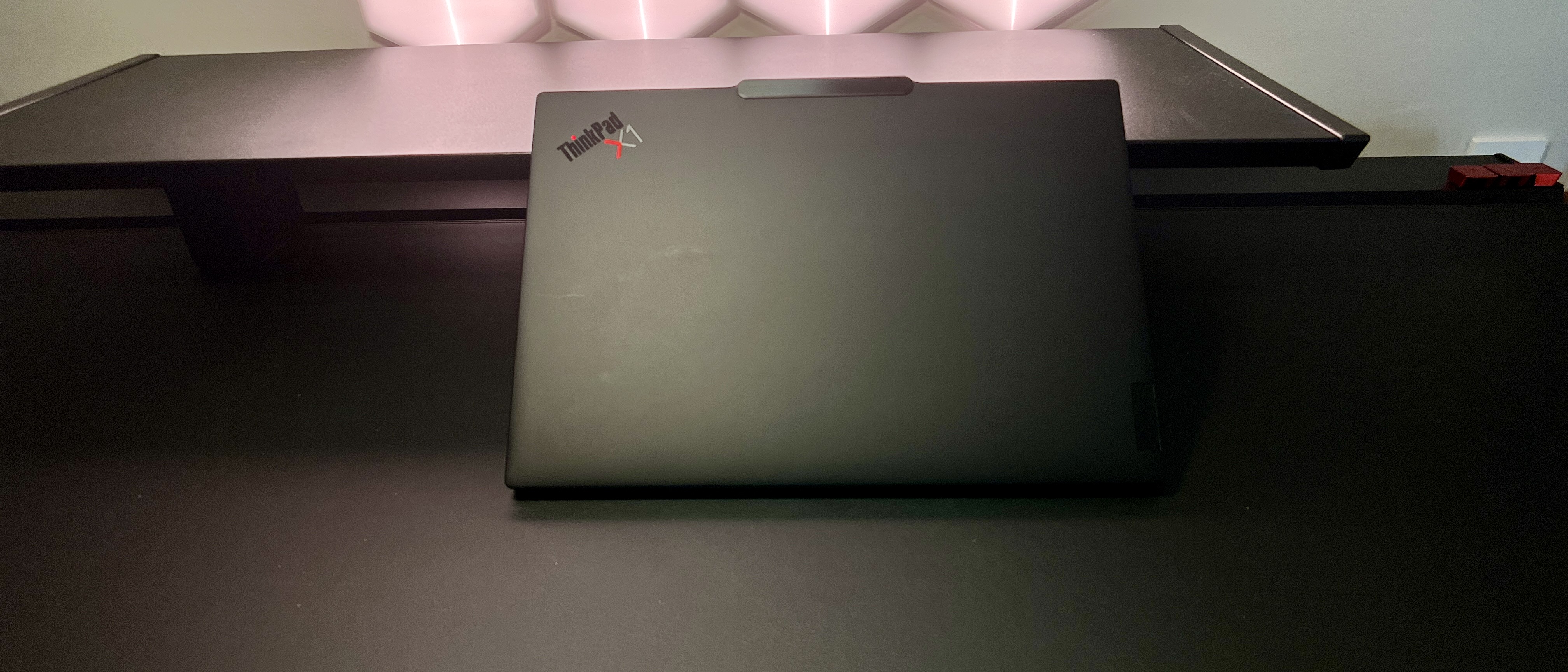
Specifications
Reasons to buy
Reasons to avoid
✅ You need a lightweight, portable business laptop: With 14 hours of battery life, this laptop delivers exceptional performance and battery life all day long
✅ You value a premium build quality and sharp display: This laptop features a sharp OLED display making work and media consumption that much more beautiful.
❌ You're on a budget or do not need high-end specs: This laptop is definitely not for those looking for a cheap laptop to just get them by. This is a high-end machine.
❌ You need a wide range of ports: The X1 Carbon has very limited ports on one side.
Lenovo's ThinkPad X1 Carbon Gen 12 can be described as the epitome of laptop versatility. It features a sleek and minimalist design, maintaining its lightweight, portable nature that professionals appreciate, making it perfect for frequent travelers or those working in a hybrid environment. The strong carbon fiber chassis and redesigned keyboard provide comfort during extended work sessions, while the matte display reduces glare, ensuring usability in various lighting conditions.
Despite excelling in portability, the X1 Carbon Gen 12 does not compromise performance. With Intel Core Ultra processors and up to 32GB of RAM, it effortlessly handles multitasking and demanding business applications. The 14-inch IPS display may not be the most vivid, but it is sufficient for business tasks, offering sharp visuals and surprising depth in dark scenes. The excellent battery life, lasting up to 12 hours, also ensures this laptop will keep up with an entire workday.
Although it has a few drawbacks, such as limited port selection on one side and a slightly underwhelming webcam, the ThinkPad X1 Carbon Gen 12 remains an excellent choice for professionals. Its high price tag is justified by its premium build, excellent battery life, and powerful performance, making it a top contender for business users who need a reliable, portable, and robust laptop for their work.
Read our full Lenovo ThinkPad X1 Carbon Gen 12 review
Best 4K laptop for engineering students
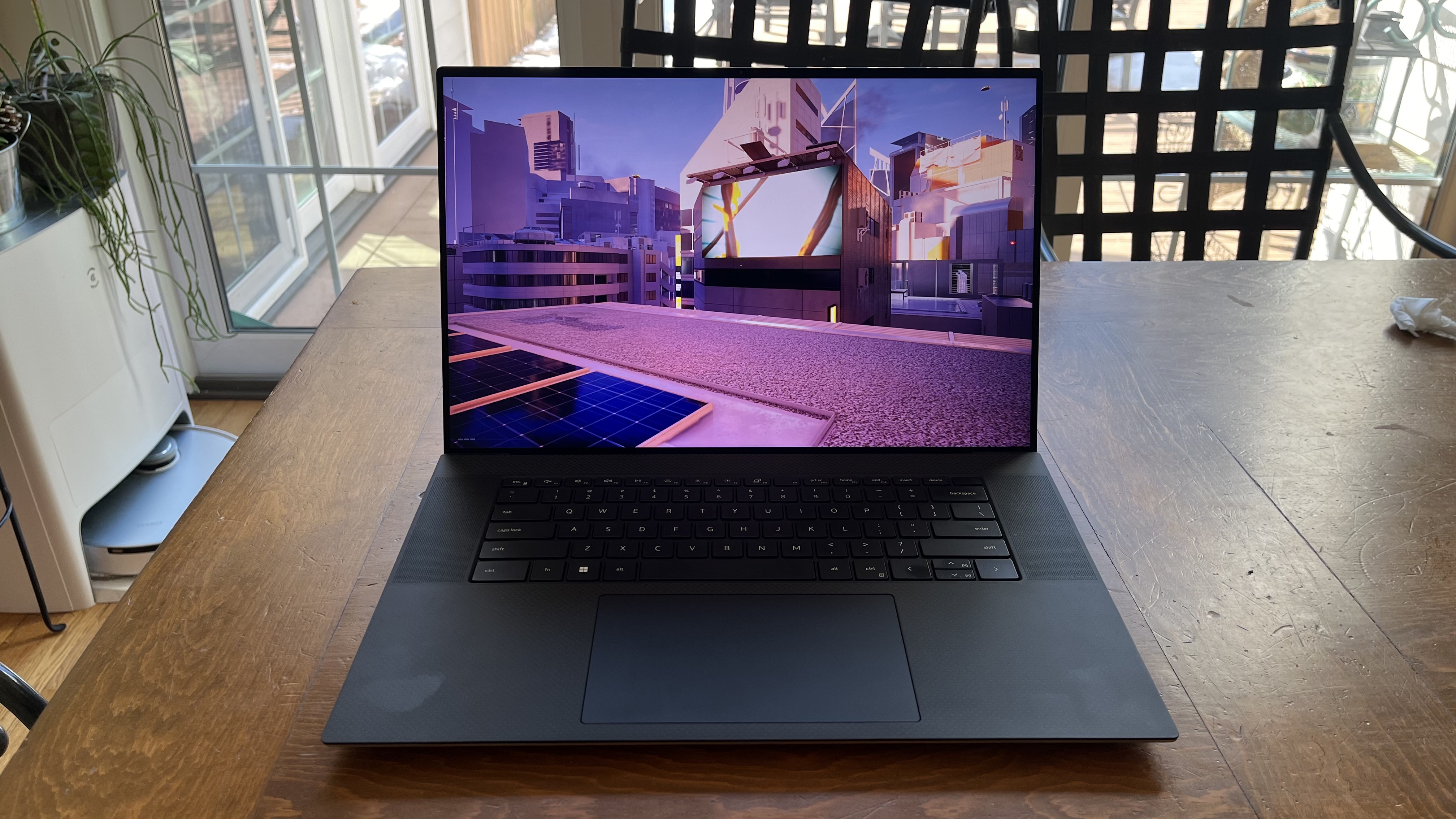
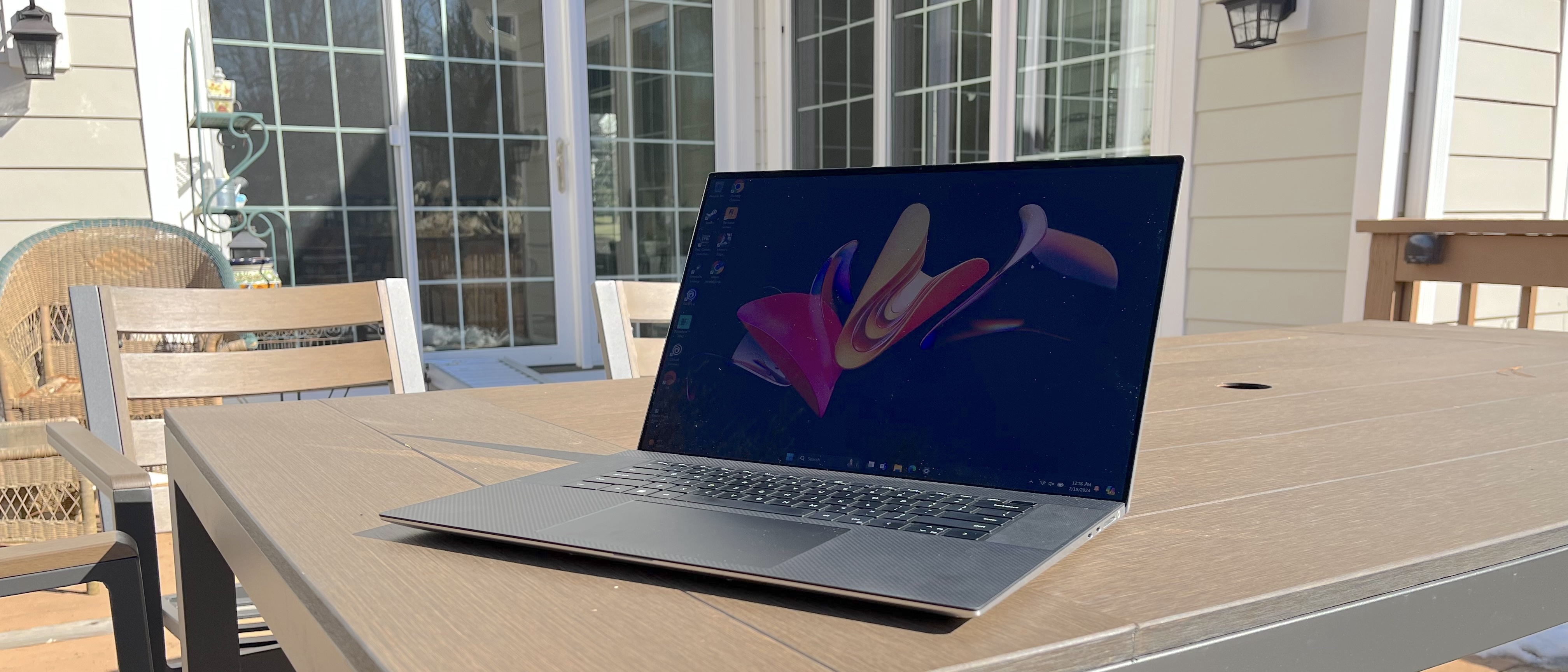
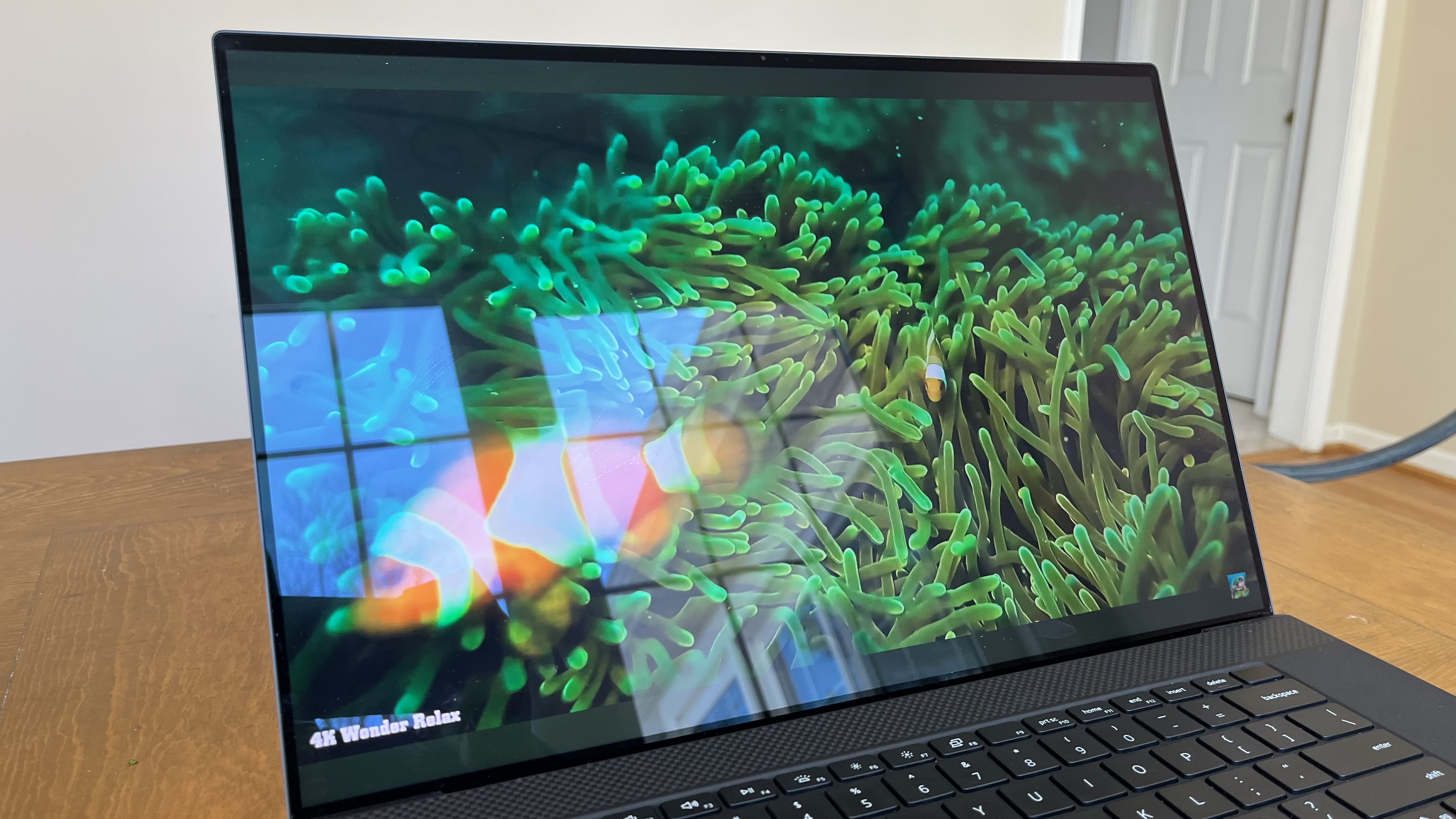
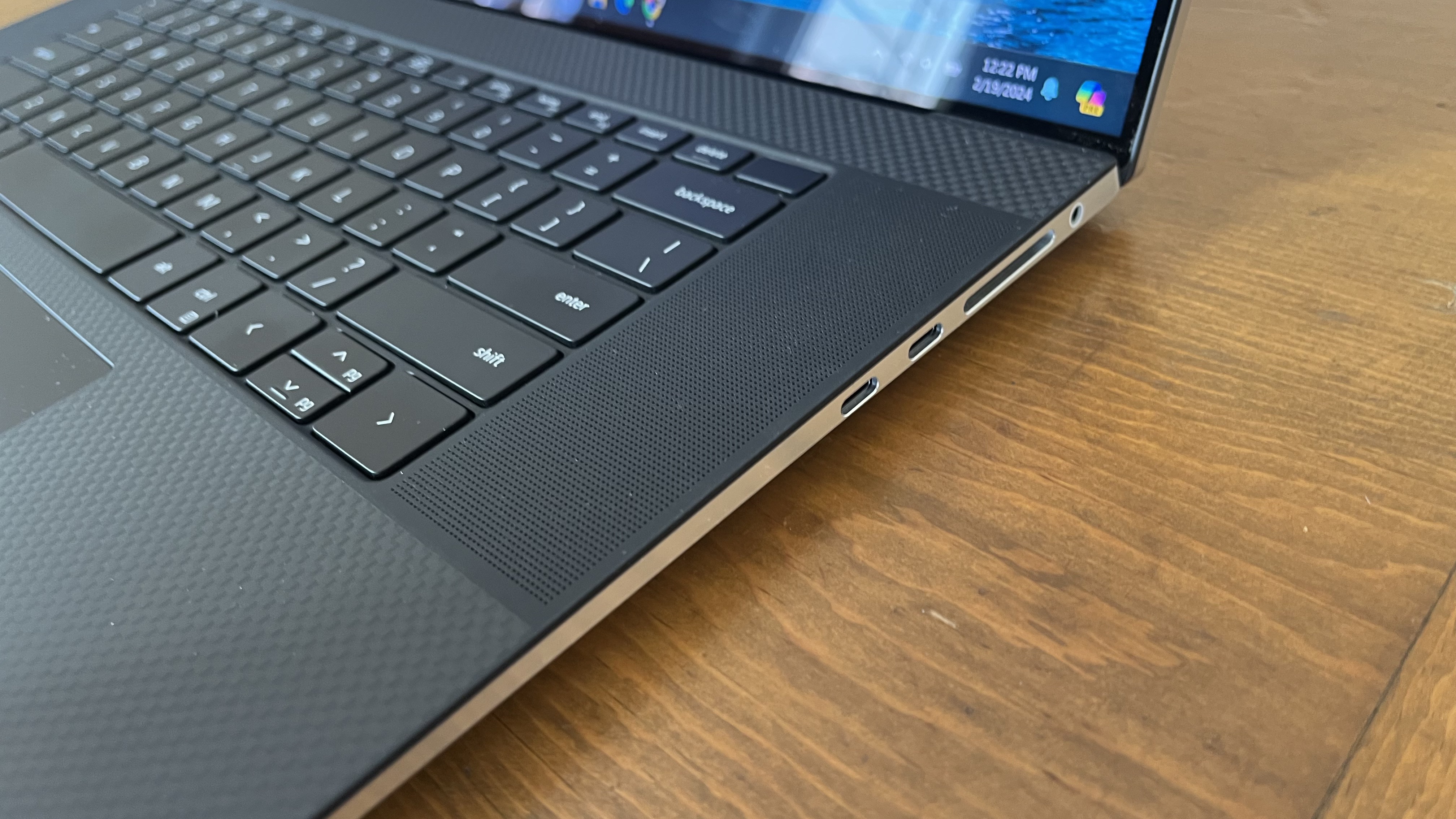
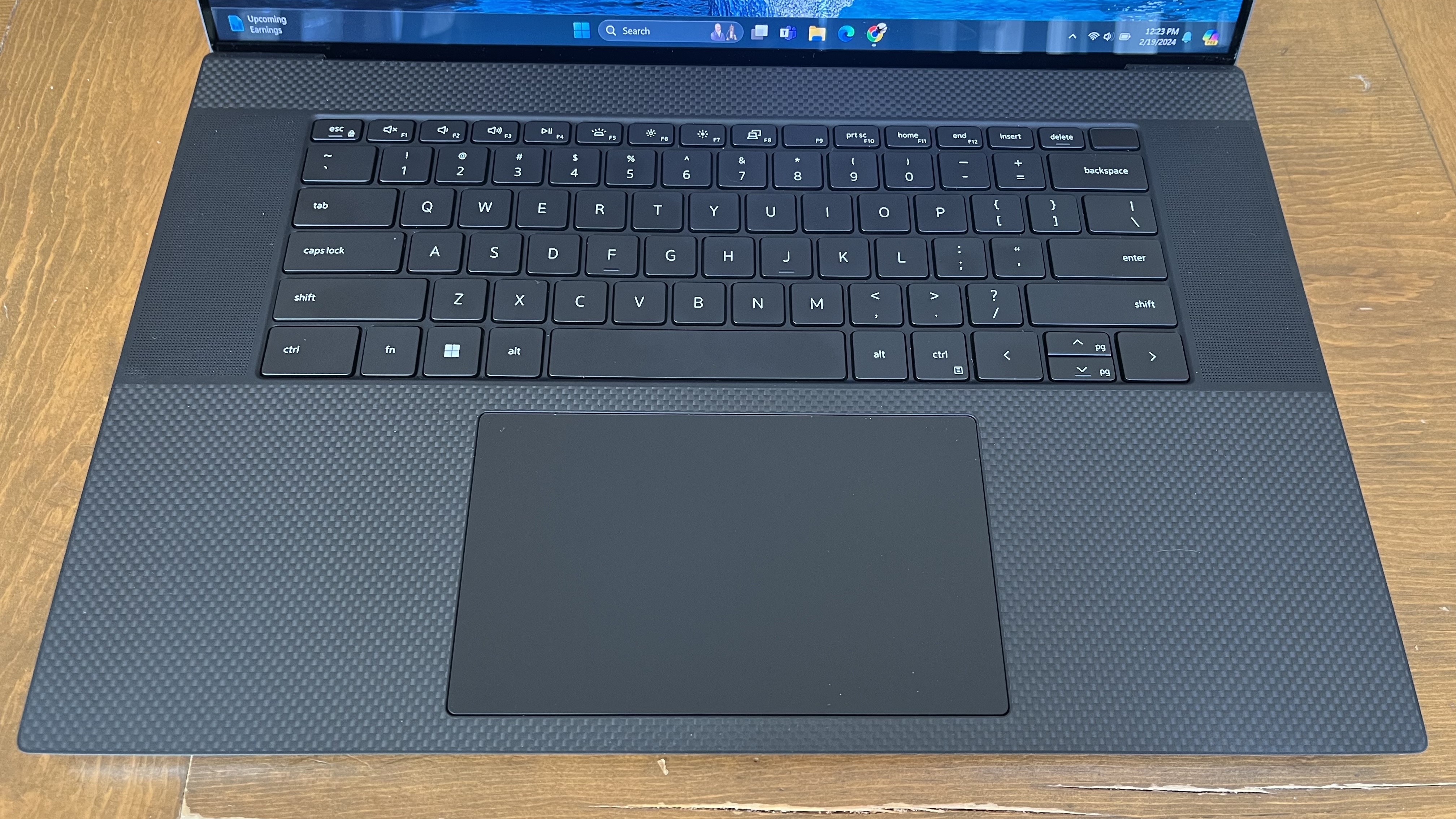
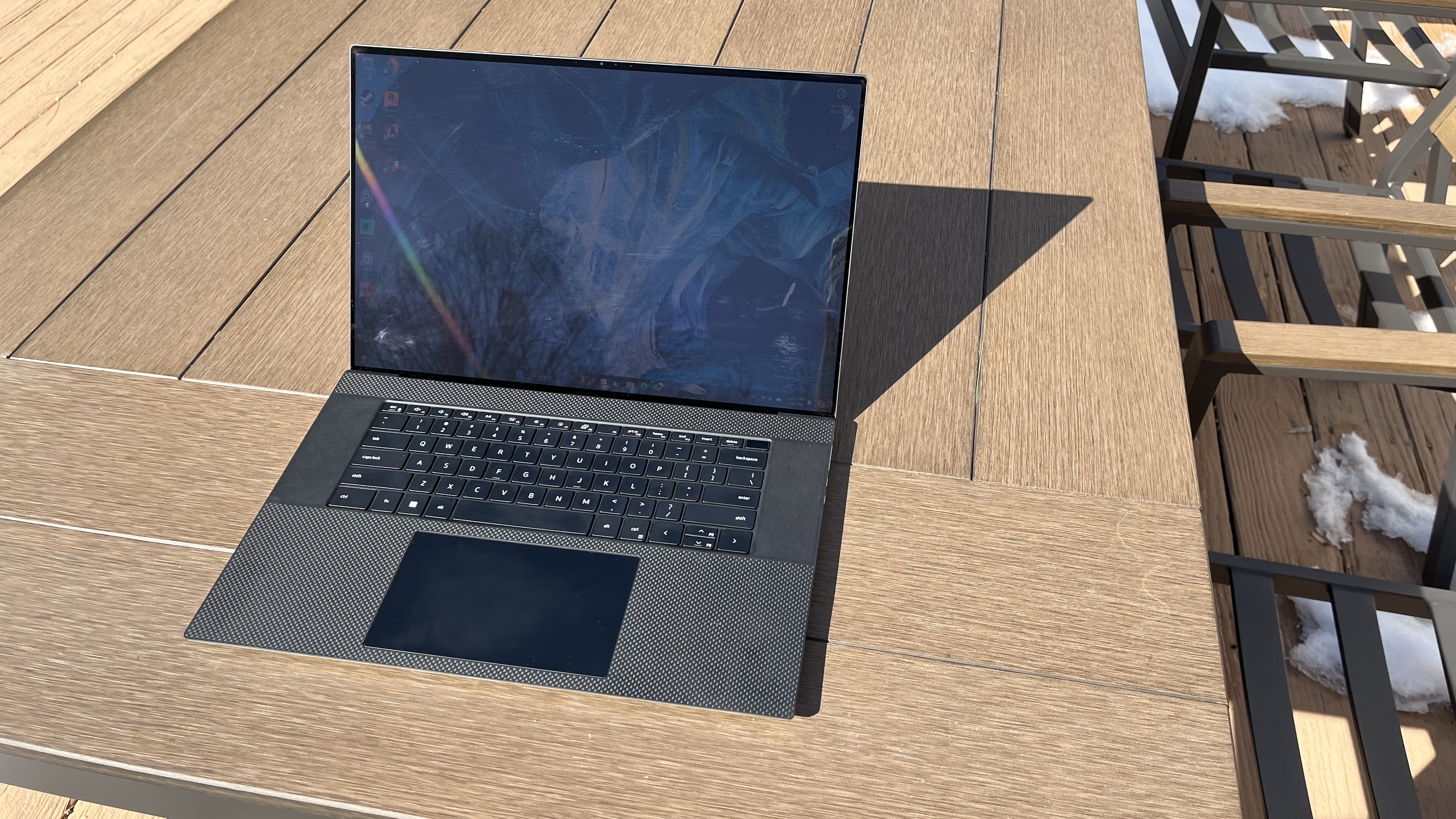
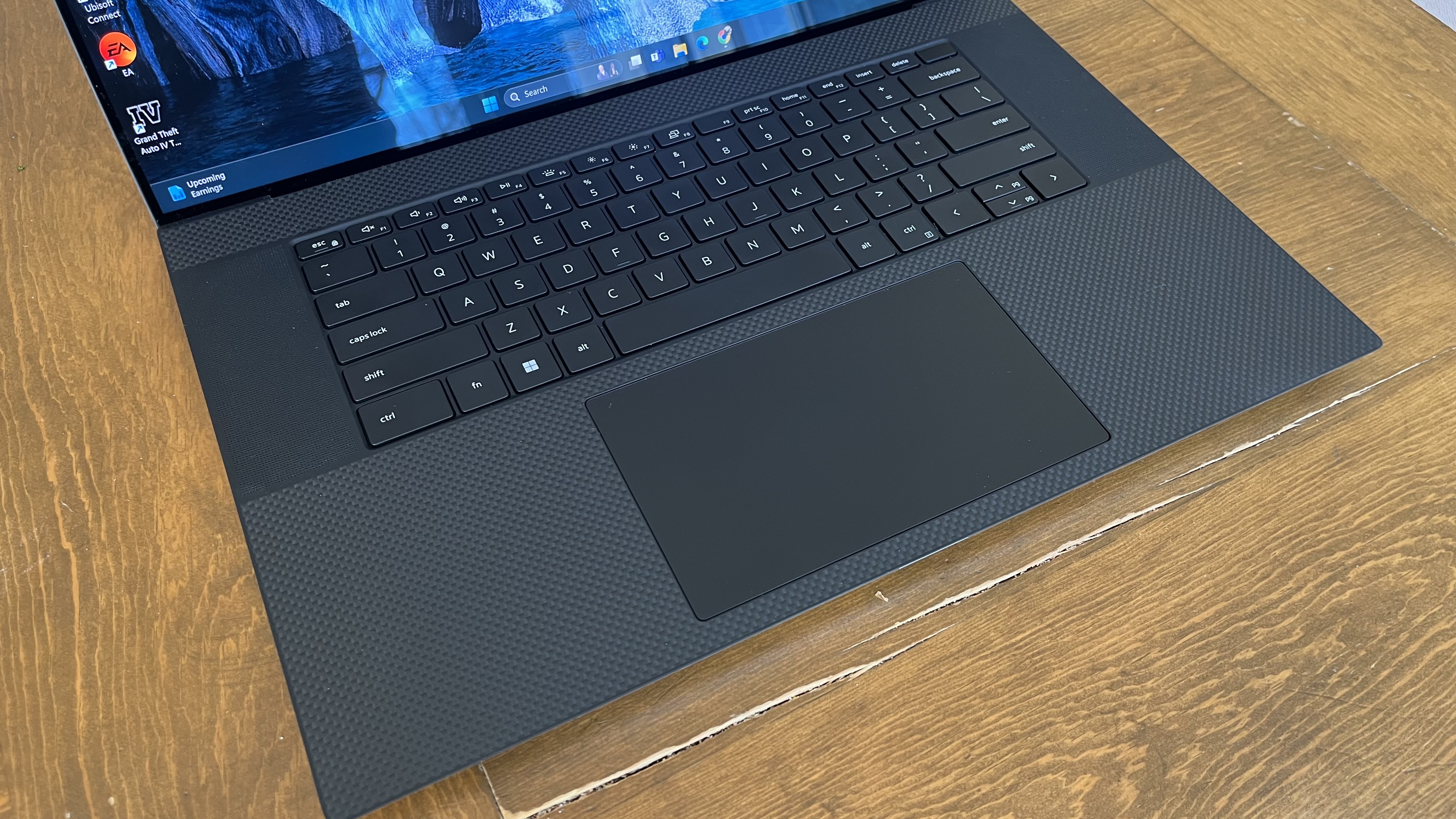
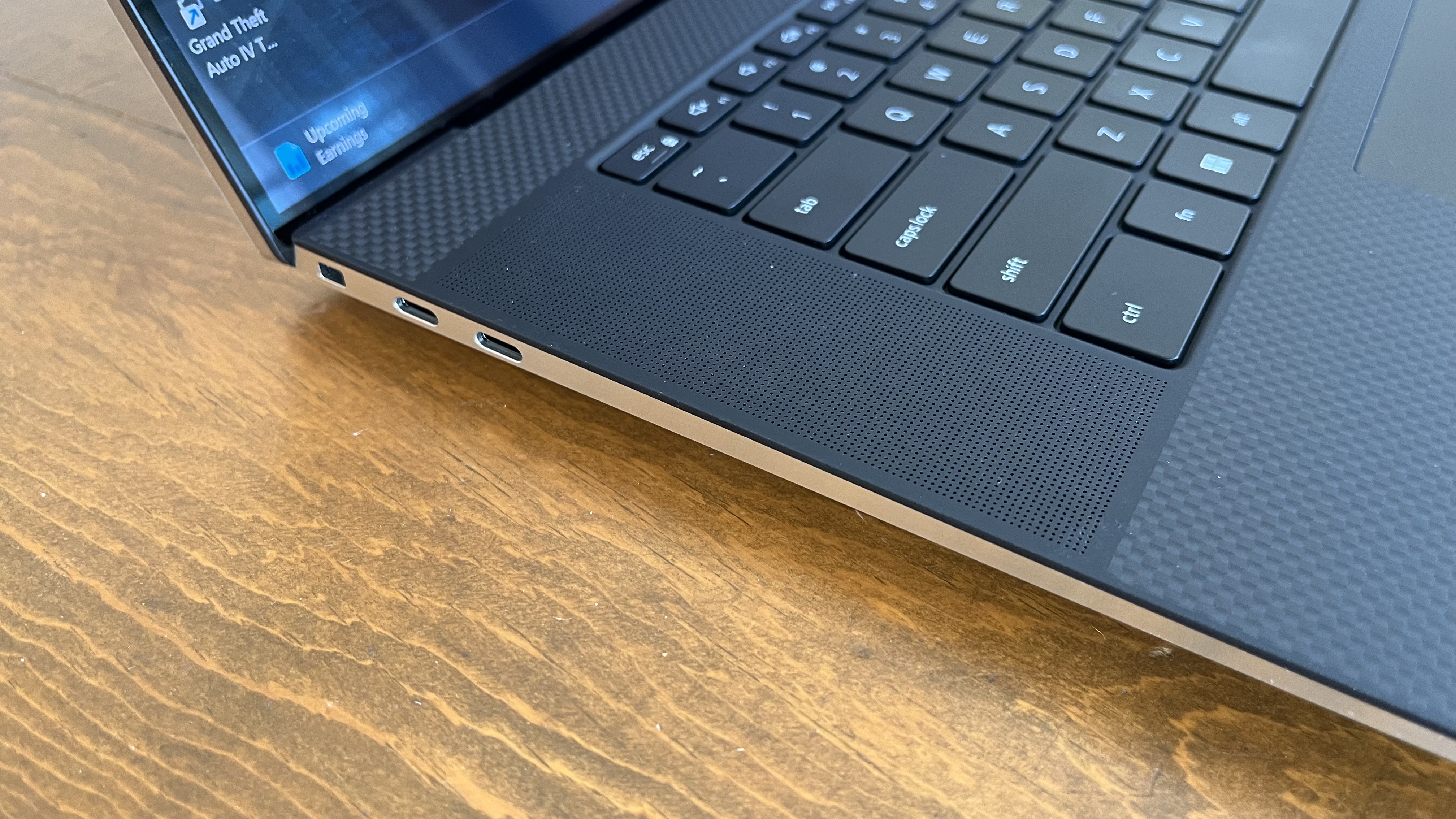
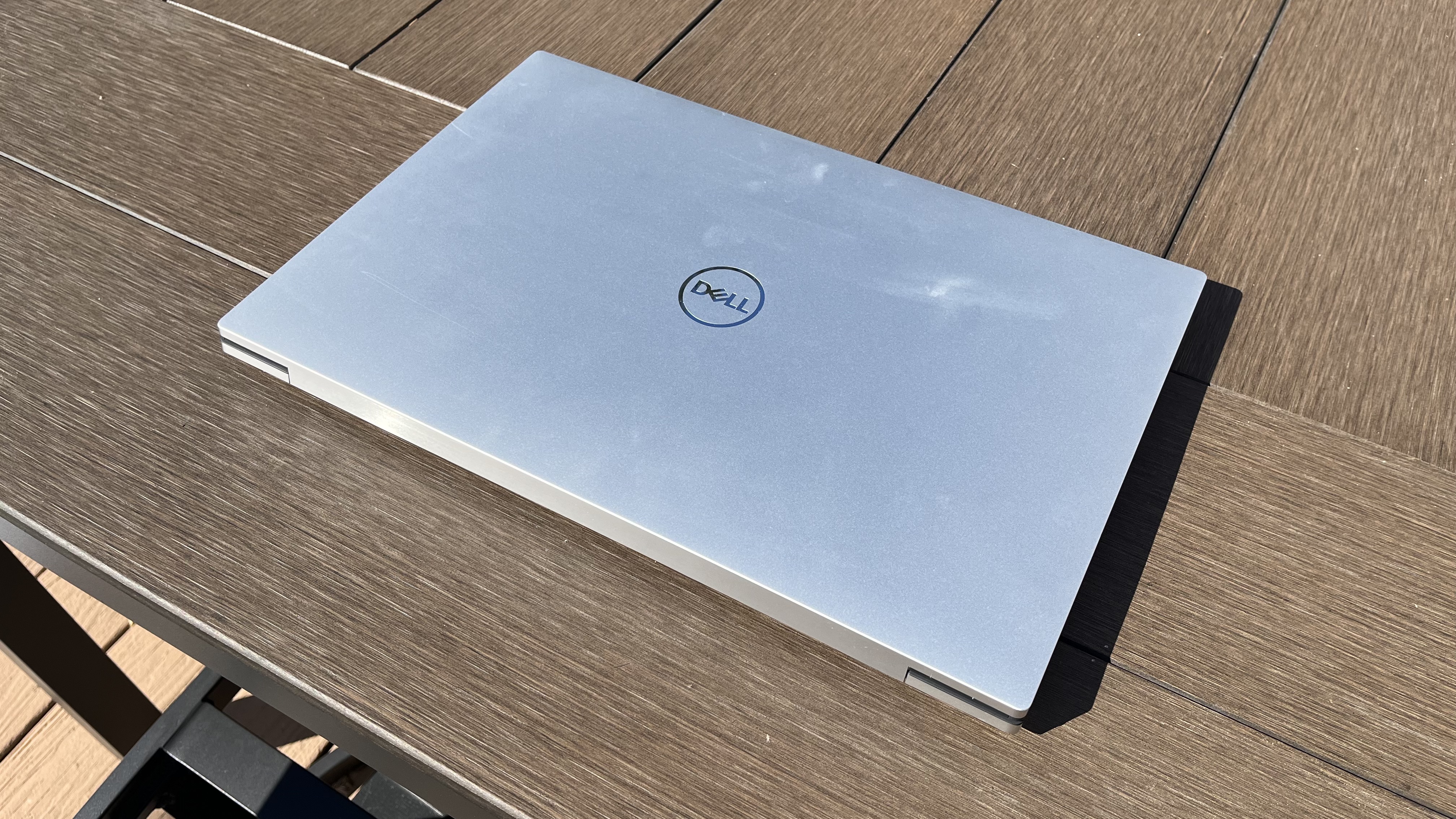
Specifications
Reasons to buy
Reasons to avoid
✅ You want a 4K display: There's a lot to like about the Dell XPS 17's broad display, which at 17in takes full advantage of the 4K resolution.
✅ You want high performance: Performance is one of the factors that most impressed us about the the Dell XPS 17 during tests.
❌ You're on a budget: There's no getting away from the fact that the XPS 17 is an expensive machine - a good alternative would be the XPS 13 or XPS 15, which brings costs down.
❌ You want a good webcam for online classes: Despite premium components elsewhere, we were a bit disappointed with the 720p webcam here.
The Dell XPS 17 is one of those machines that kept us impressed from the moment we opened the box to the time we finished our review. It's a big beast, ideal for those who want a larger machine and the power to perform a full range of tasks, from engineering classes to video editing.
One of the best aspects of a frankly excellent laptop is the screen. At 17in with a 4K resolution, we found it offered a good experience, with bonus points for the 16:10 aspect ratio that delivers more screen real estate. If you need it, color accuracy is also good here, with 188.8% sRGB and 133.7% DCI-P3.
In terms of design, this is a sleek but pleasantly robust machine, well-made form carrying across campus and to and from lessons. the chassis is built from machined aluminum, while carbon fiber surrounds the keyboard. In use, we found the typing experience incredibly comfortable - which is a must for any student laptop as far as I'm concerned.
At this size, needless to say it's not lightweight, weighing 5.37 lbs / 2.44 kg. We also found the battery life only lasted nine hours on a single charge - enough for a day on campus, but we would've liked to see it last longer. It's also relatively expensive, and the price only rises once you start configuring it to your liking. If you need a cheap engineering laptop, this ain't it.
But if you want a machine that delivers strong performance across the board, with a stunning screen, and overall sleek design, we really like the Dell XPS 17.
Read our full Dell XPS 17 review
Best laptop for engineering students on a budget
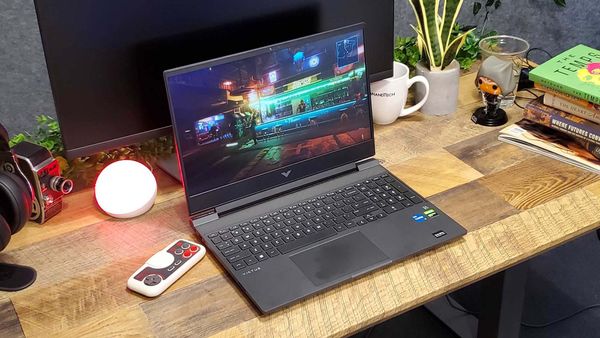
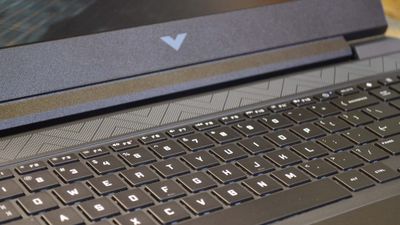
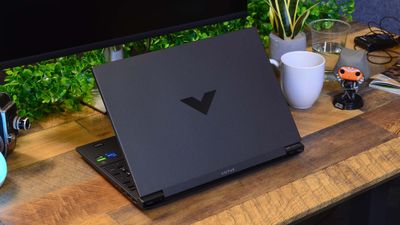
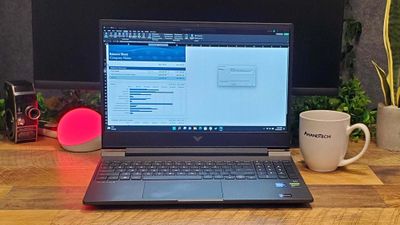
Specifications
Reasons to buy
Reasons to avoid
✅ You want a very affordable gaming laptop: At a starting price of $600, the HP Victus 15 offers solid gaming performance and excellent value for the price.
✅ You want a laptop that doubles as a work machine: The Victus 15 is not only good for gaming but can also handle work or school tasks efficiently.
❌ You need a long-lasting battery: The Victus 15 struggles with battery life, offering only about 4.5 hours of usage before needing to be recharged.
❌ Design and aesthetics are important to you: The Victus 15 has a rather plain, uninspired design, which might not appeal to users looking for something more stylish.
It might be marketed as a gaming laptop. Still, the HP Victus 15's simple design (free from the gaudy 'gamer aesthetic' of many powerful laptops) and RTX-equipped models make it a solid choice for any engineering student who will be running graphically-demanding programs.
It's also remarkably cheap for a laptop with a discrete GPU, likely to please any budding engineer on a budget. During testing, it performed below other gaming laptops in our standard benchmarks, but not by a huge margin. We also found that it takes air circulation seriously, boasting a dual-fan setup and a large air vent at the bottom. That's going to be a major benefit when working in those resource-intensive apps and large, complex projects that really test the mettle of any engineering laptop.
A bright 15.6-inch FHD display and generally robust build quality mean that while this isn't the most lightweight laptop in the business, it's tough enough to withstand the bumps and bruises of college life. If you're looking to save space in your dorm, this machine easily pulls double-duty as a laptop and a desktop replacement.
Read our full HP Victus 15 review
Best MacBook for engineering students
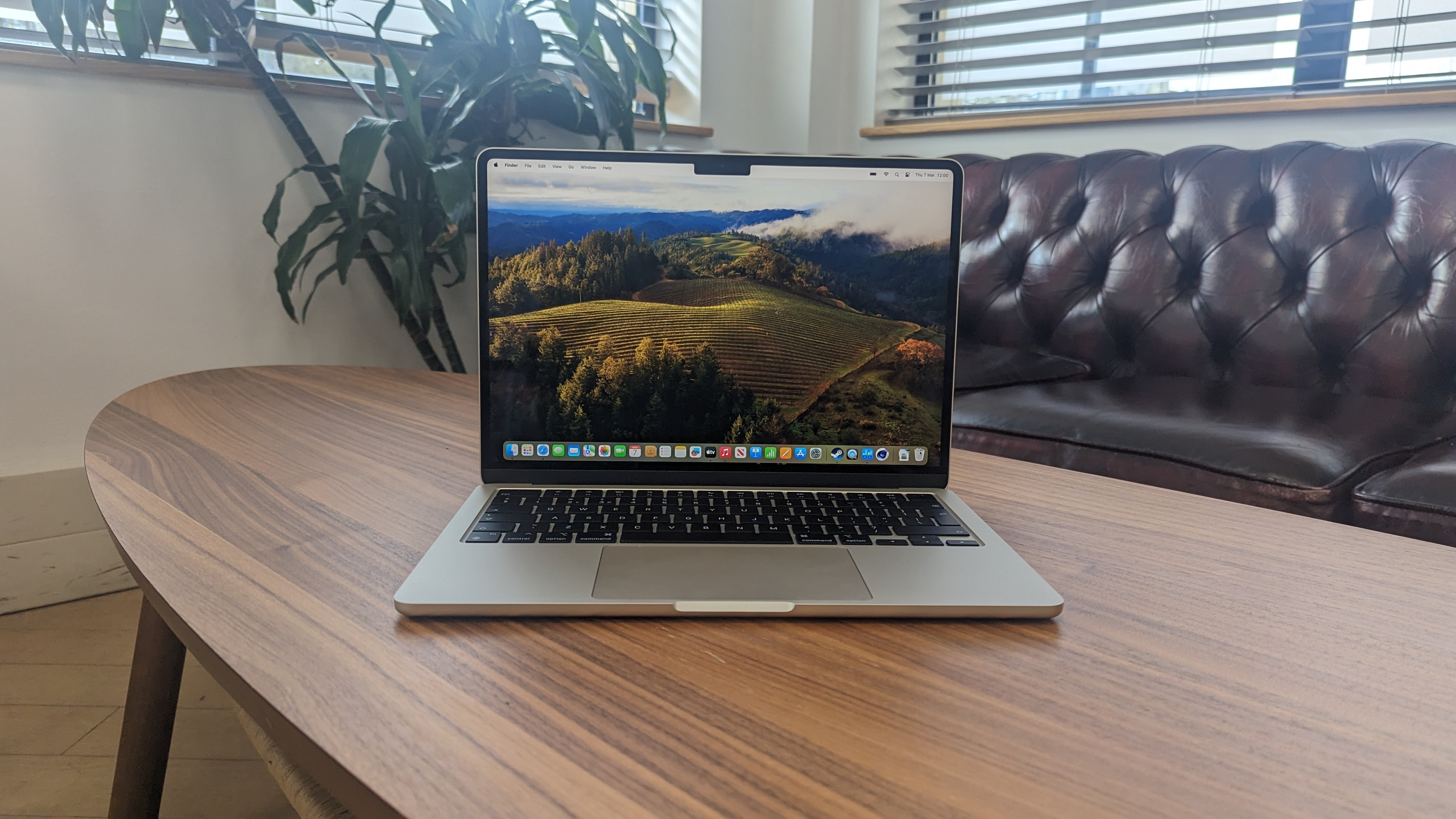
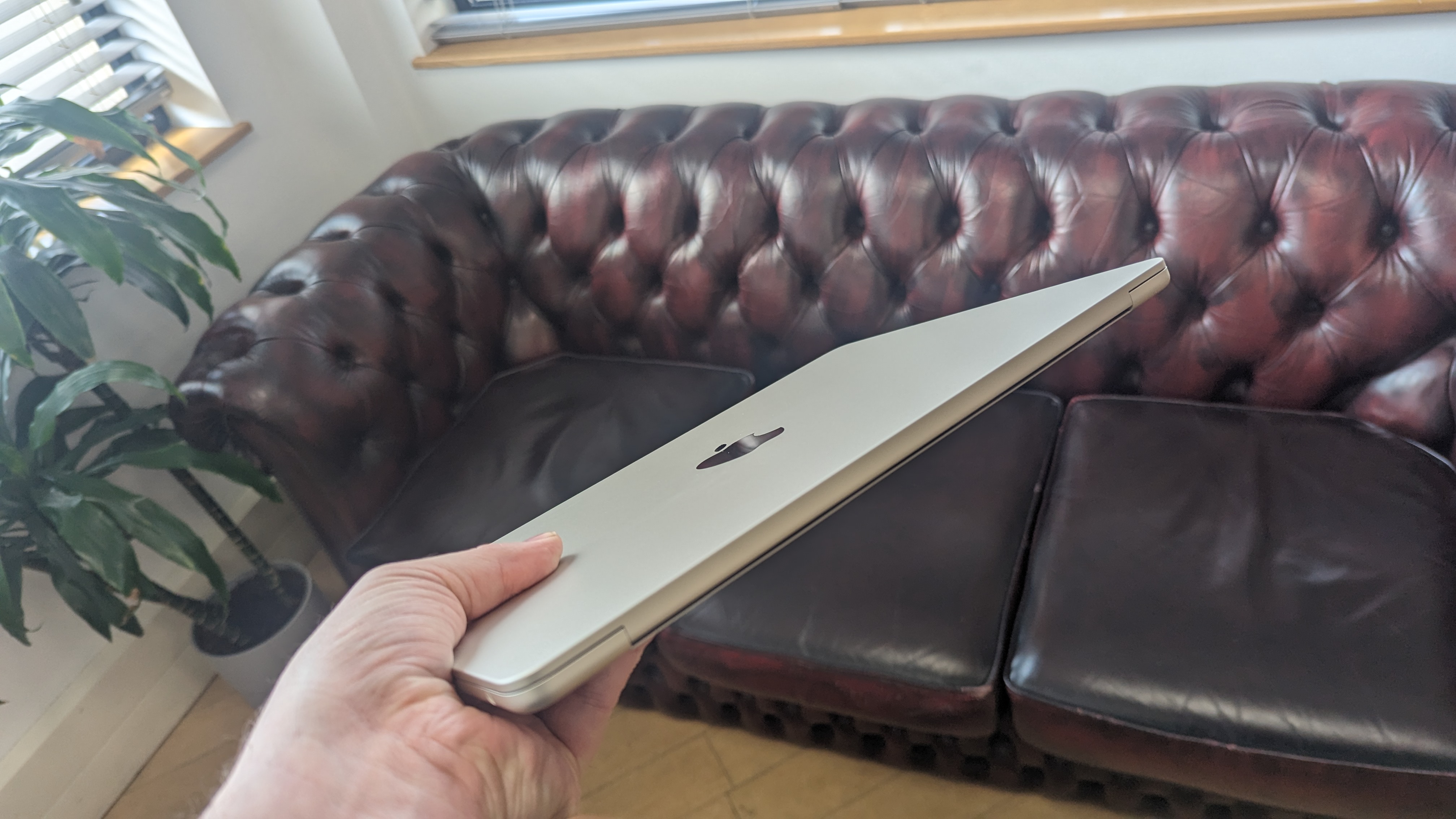
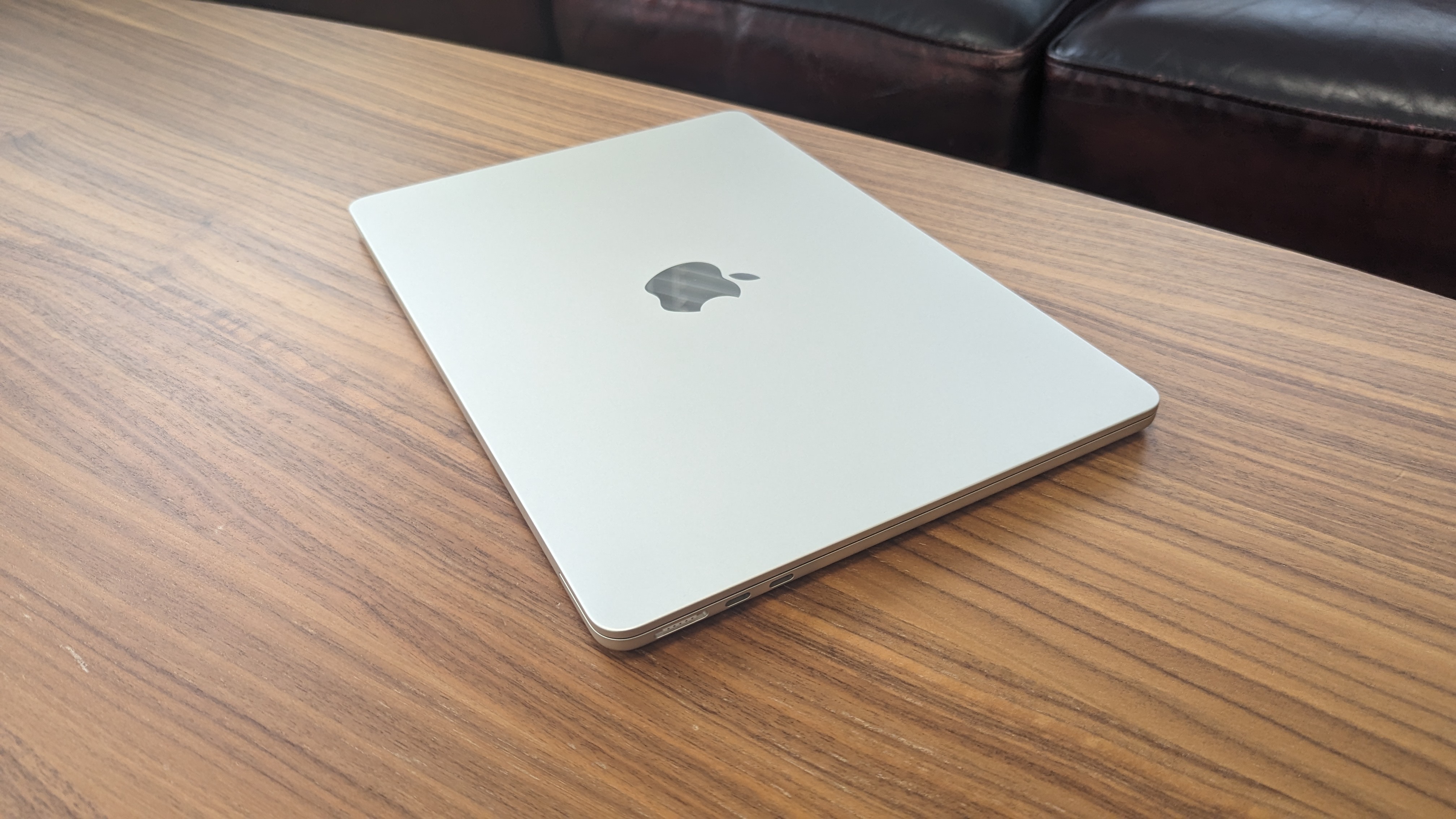
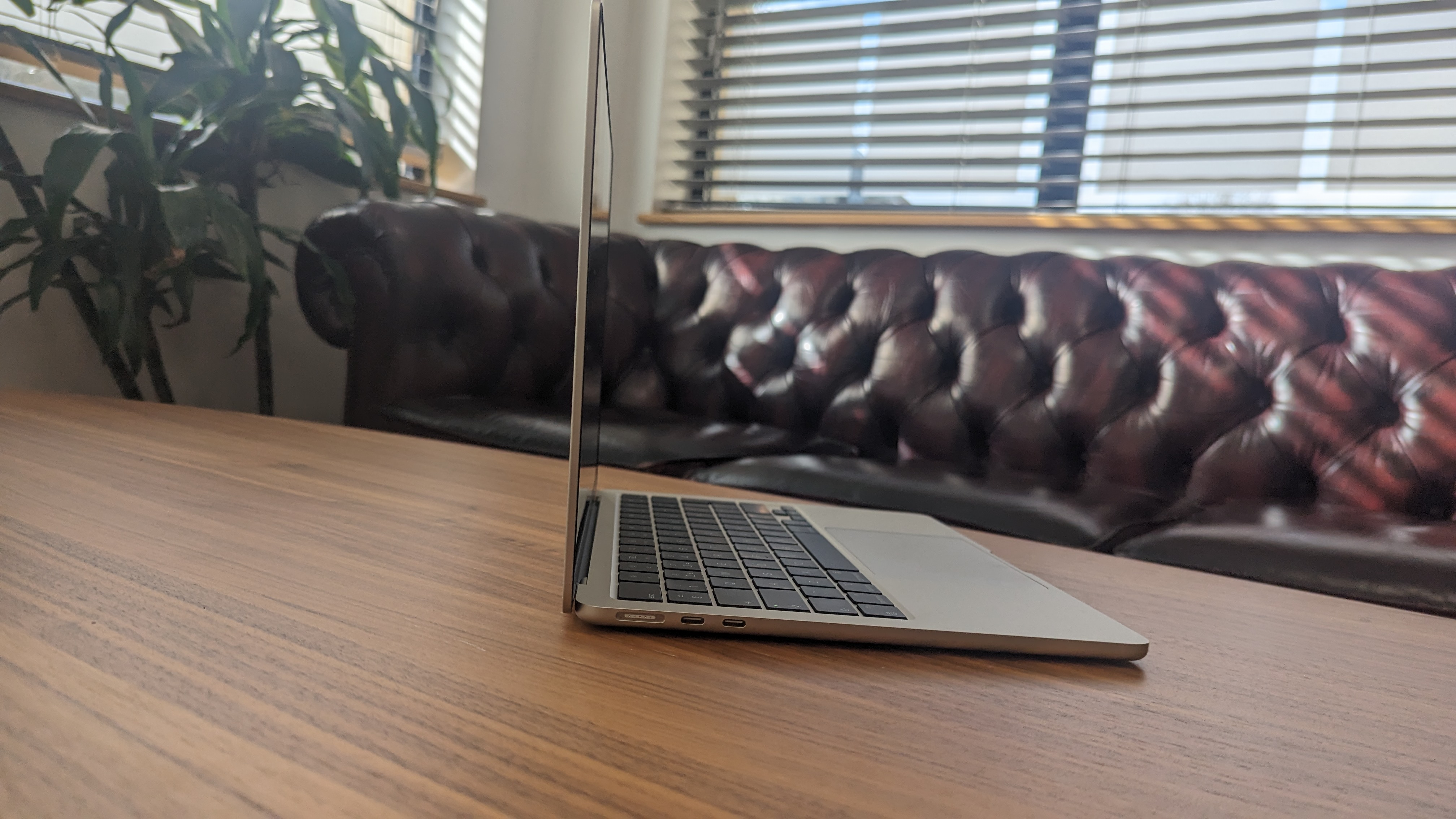
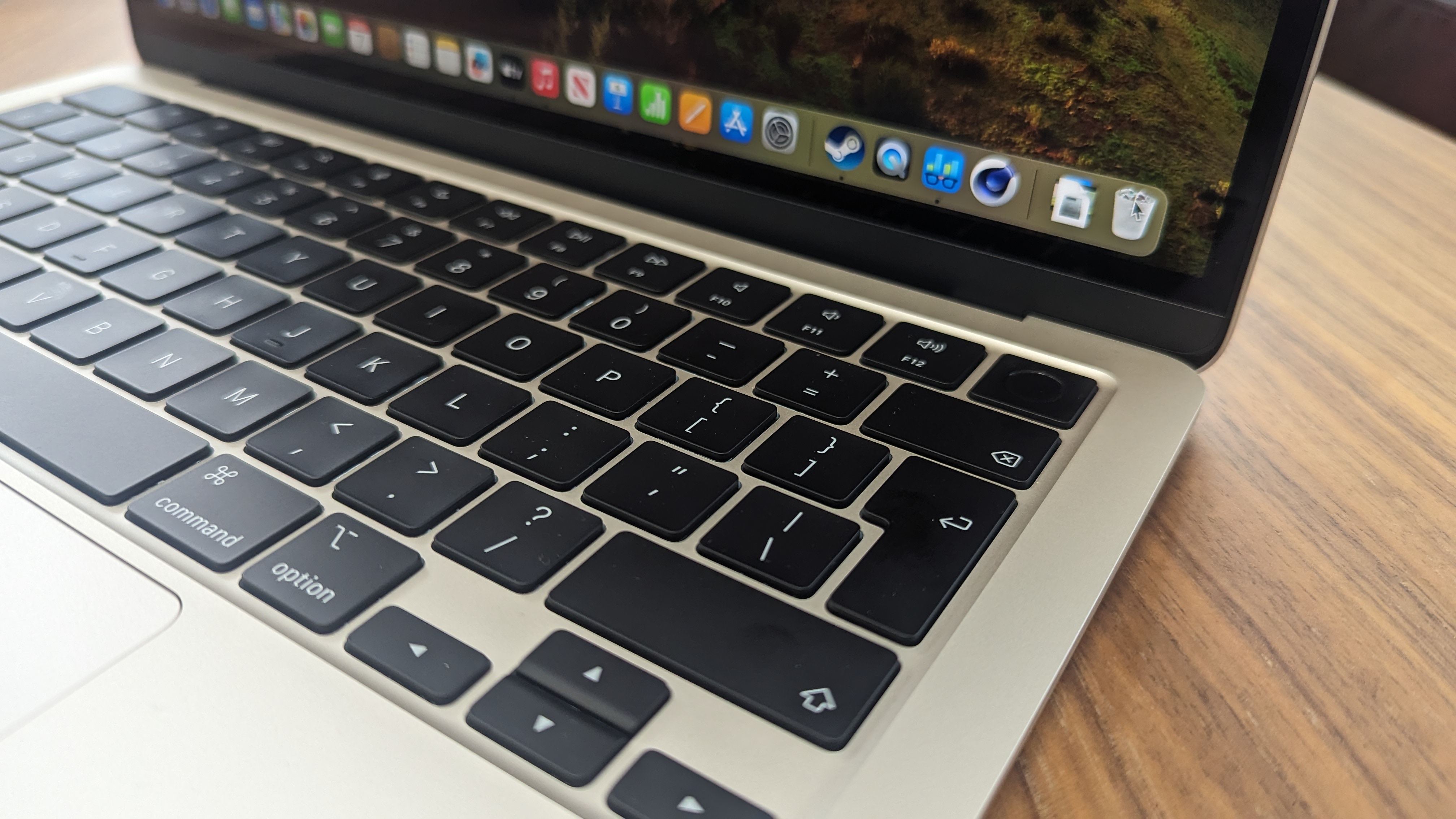
Specifications
Reasons to buy
Reasons to avoid
✅ You want a powerful and lightweight laptop: The MacBook Air (M3) combines high performance with a slim, lightweight design, making it an excellent choice for students who need portability without compromising power.
✅ You're looking for a great value MacBook: With the M3 chip, this MacBook Air offers improved performance at a lower starting price compared to its predecessor.
❌ You need a lot of memory or storage out of the box: The base model’s 8GB of RAM and 256GB SSD can feel limited, especially if you work with large files or need to run demanding applications.
❌ You rely on multiple external monitors: The MacBook Air M3’s external monitor support is limited to one (up to 6K) display, which may be restrictive for users needing a more extensive setup. There are ways around this with plugins, but they don't always work as well as natively running external displays.
The Apple MacBook Air 13-inch (M3) brings improved performance and a slightly refined design at a lower entry price, making it the best MacBook for most users. It maintains its lightweight and slim profile, while adding upgrades like better fingerprint resistance on the Midnight color option. Powered by the new M3 chip, this fan-less laptop excels in day-to-day tasks, web browsing, and even light gaming, offering users an excellent balance of portability and power. Battery life continues to impress, with over 14 hours on a single charge, making it an ideal choice for those who need a reliable, long-lasting device for work or travel.
The new MacBook Air starts at $1,099, cheaper than its M2 predecessor, but the base model’s specs of 8GB unified memory and 256GB storage feel somewhat limited for modern demands. For better future-proofing, upgrading to 16GB RAM and 512GB storage is recommended. The M3 chip, with its improved Neural Engine, also enhances AI performance, making the laptop an attractive option for professionals using machine learning and AI-driven tasks. External monitor support has been expanded, though with a caveat: only two external displays can be used with the laptop closed.
In terms of design, Apple has made minimal changes from the M2 model, which was already well-received. The screen remains bright and vibrant, the keyboard is comfortable, and the port selection is adequate but could benefit from more Thunderbolt 4 support. Overall, the MacBook Air 13-inch (M3) delivers excellent value with its lower price and enhanced capabilities, making it a top contender in the laptop market for most users.
Read our full Apple MacBook Air 13-inch (M3) review
Best laptop for engineering students and gamers
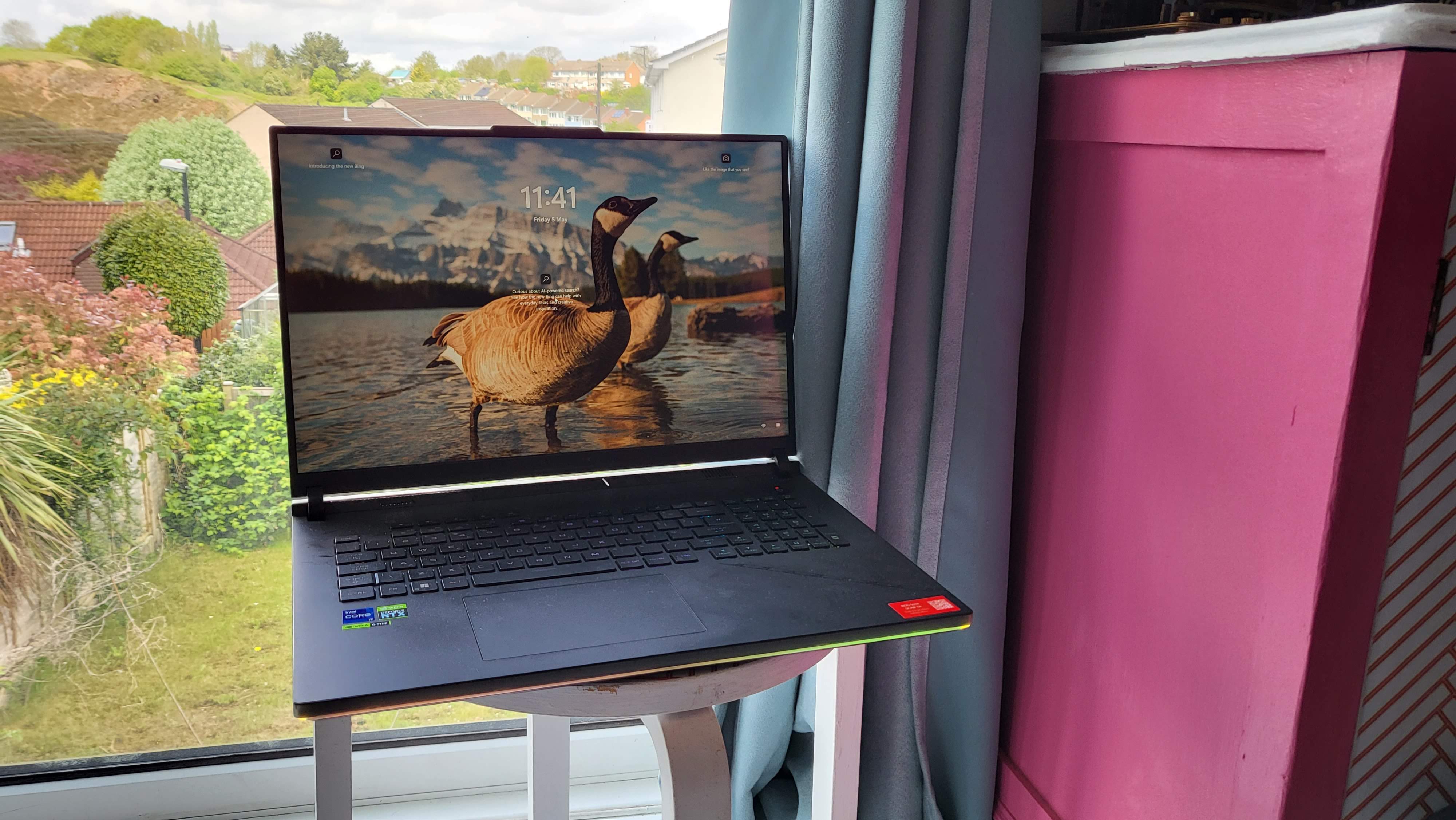
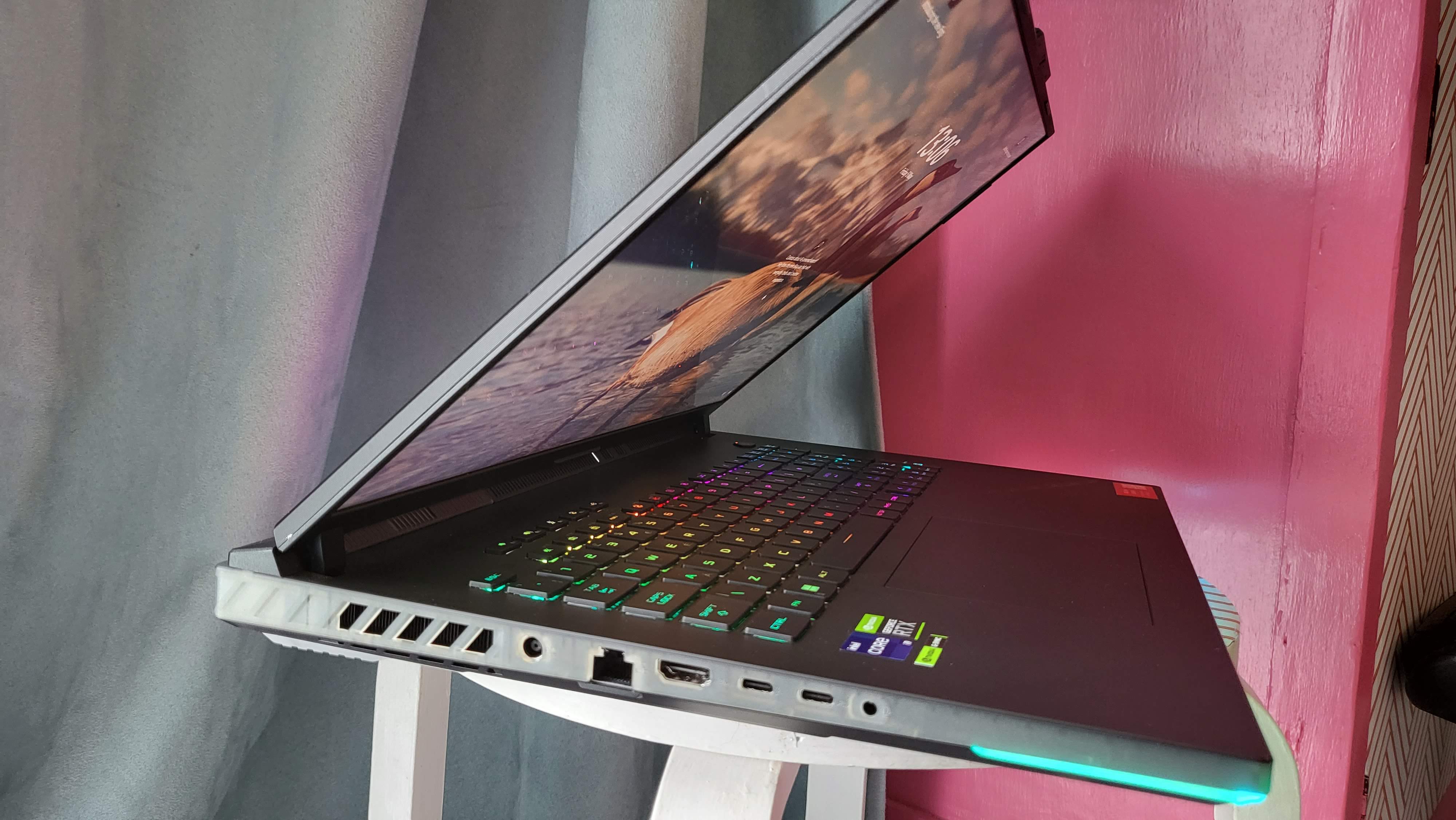
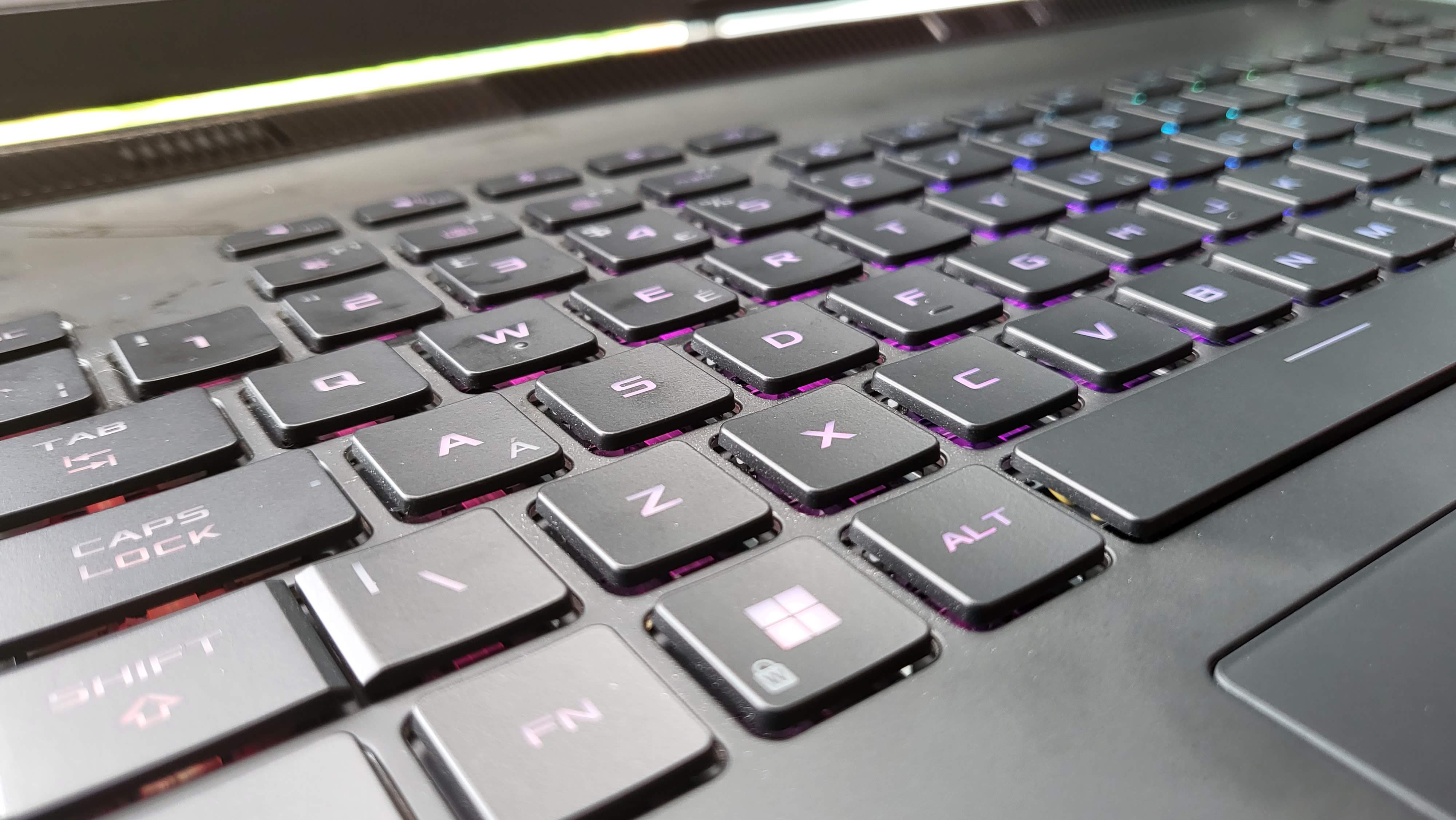
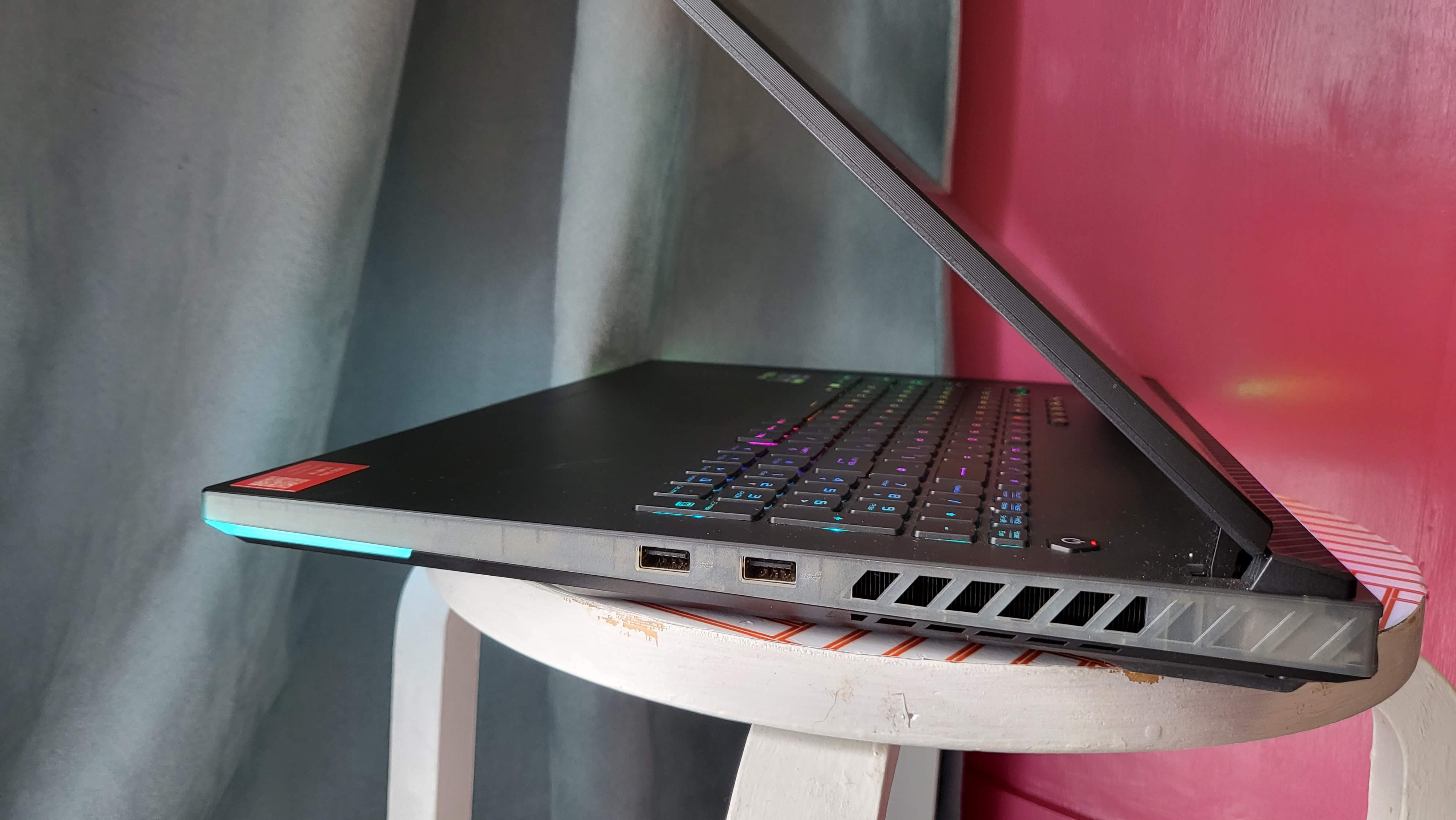
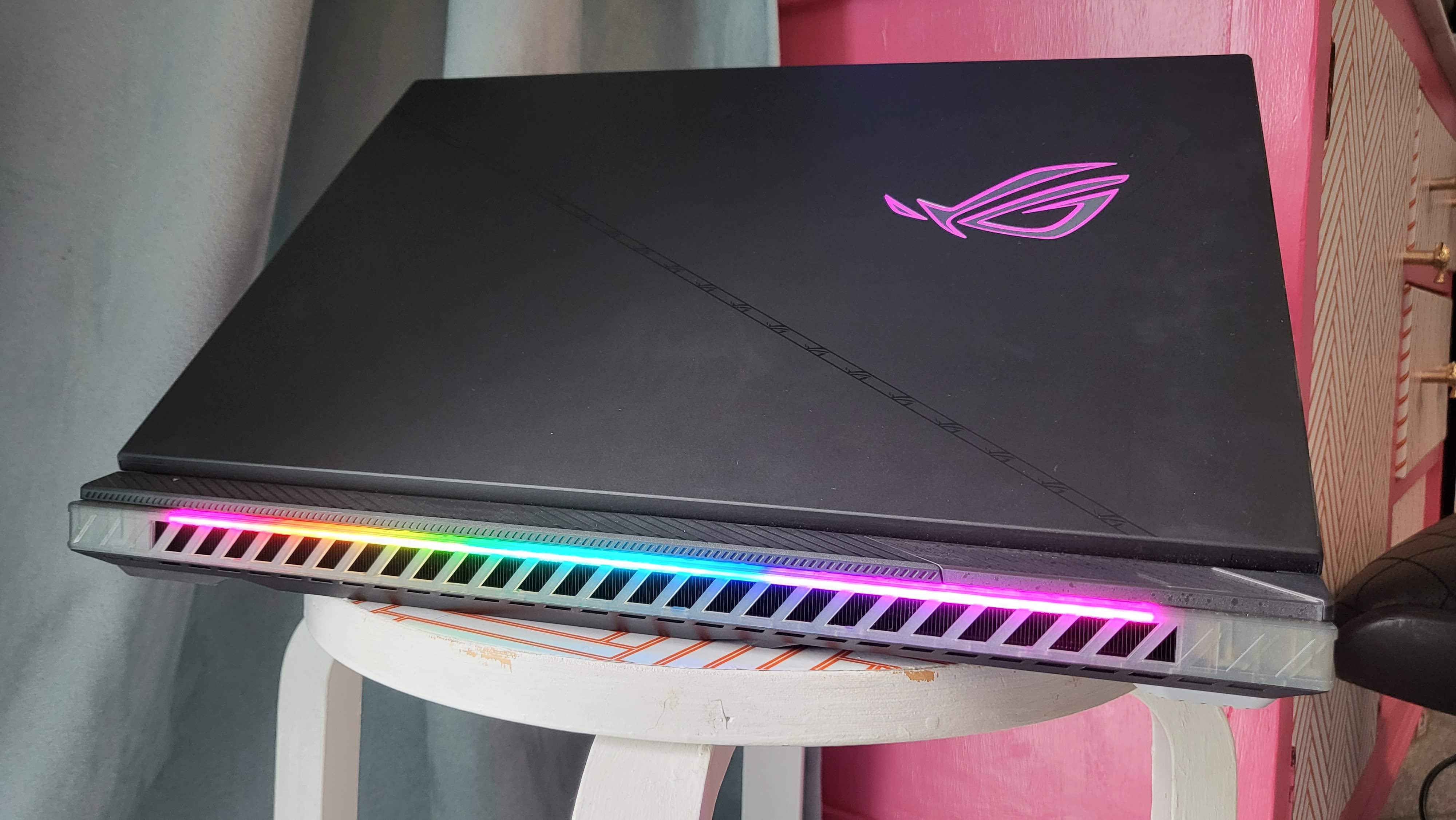
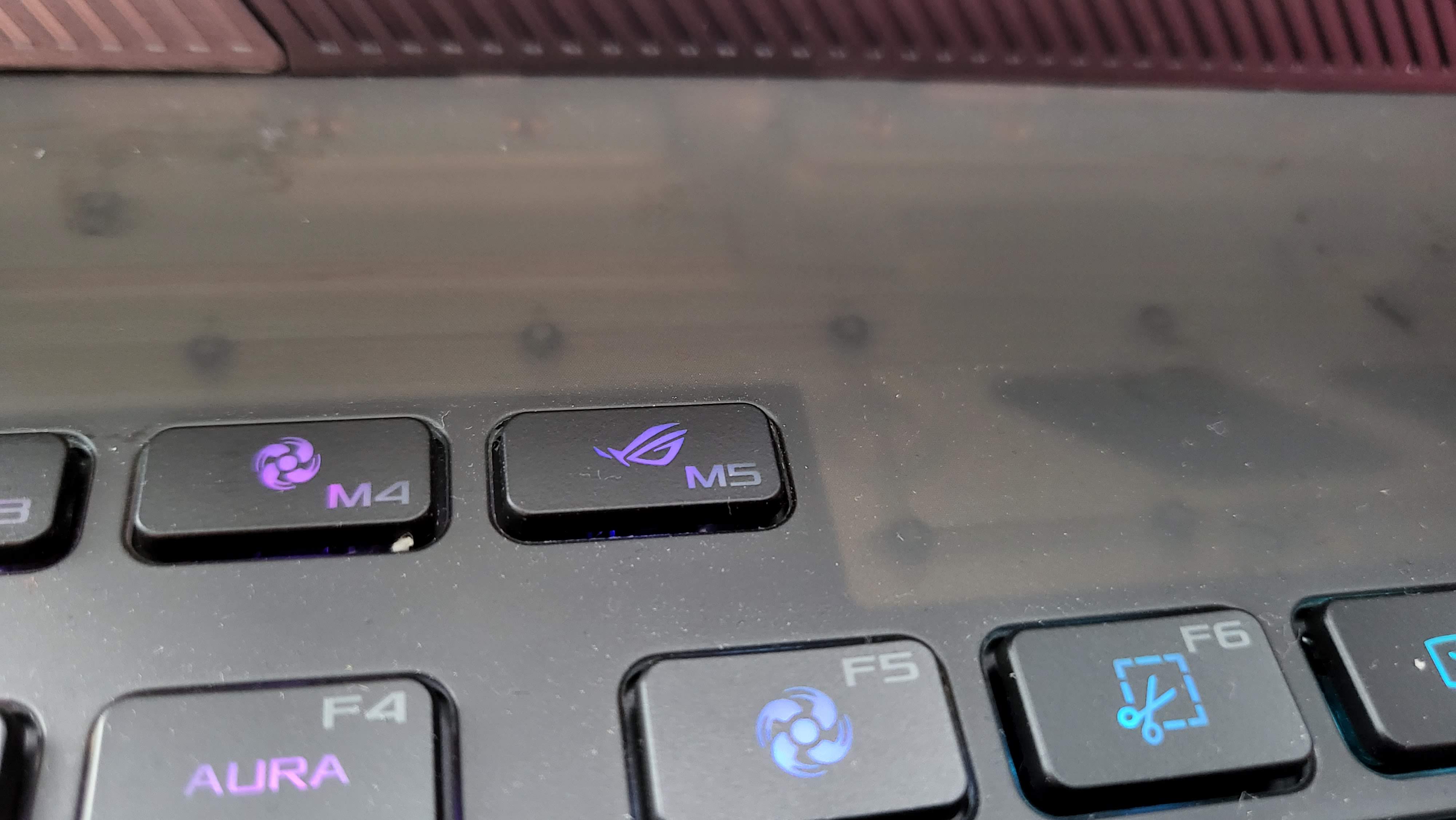
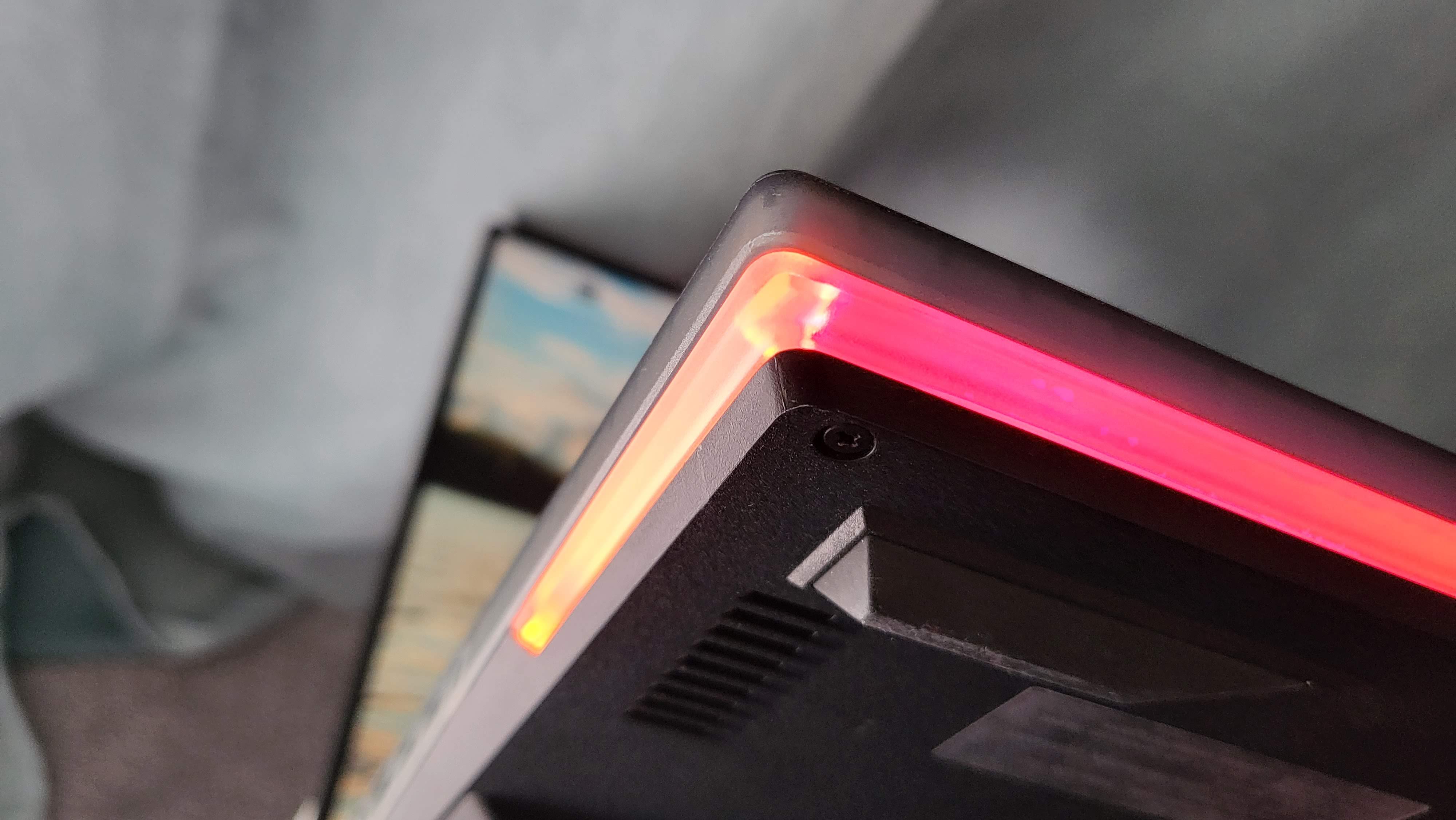
Specifications
Reasons to buy
Reasons to avoid
✅ You need the most powerful laptop for gaming and multitasking: The ROG Strix Scar 18 is built for top-tier performance, featuring cutting-edge specs for handling the most demanding tasks and games.
✅ You want a large, stunning display: The 18-inch QHD+ display with a 240Hz refresh rate offers exceptional visuals and is perfect for both gaming and productivity.
❌ You are on a tight budget: This laptop comes with a high price tag, which may be overkill if you don’t need top-of-the-line specs.
❌ Portability is important to you: At 6.83 lbs, this is a heavy and bulky machine, not ideal for frequent travel or carrying between classes.
The Asus ROG Strix Scar 18 stands out as a dynamic, high-performance gaming laptop, offering an unparalleled blend of top-tier hardware and a visually striking design. Equipped with an Intel Core i9 processor and an Nvidia GeForce RTX graphics card, this laptop excels in delivering class-leading speed, ensuring it can effortlessly handle the most graphically demanding games and complex engineering software.
What distinguishes the Strix Scar 18 is its impressive 18-inch QHD+ display, boasting a 240Hz refresh rate for smooth, captivating visuals. This feature, combined with an advanced cooling system, promises an enjoyable experience during prolonged use, whether for gaming marathons or extensive engineering simulations. However, users should note the potential for loud fan noise under heavy use and the laptop's weight, which exceeds 6 lbs, impacting its portability.
While the Strix Scar 18 commands a premium price, its exceptional performance more than justifies the investment, particularly for engineering students who are also gaming enthusiasts. This laptop is not aimed at the casual user, but for those seeking raw power coupled with a large, high-quality display for both work and play, the ROG Strix Scar 18 emerges as one of the finest choices on the market.
Read our full Asus ROG Strix Scar 18 review
You could save on your purchase with our Asus promo codes.
Best 2-in-1 laptop for engineering students
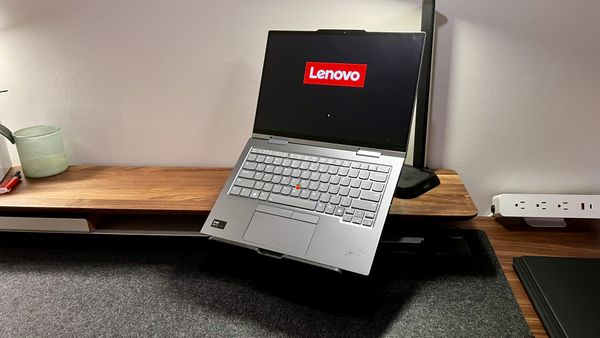
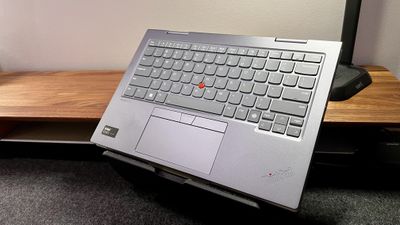
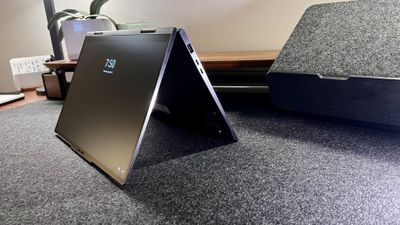
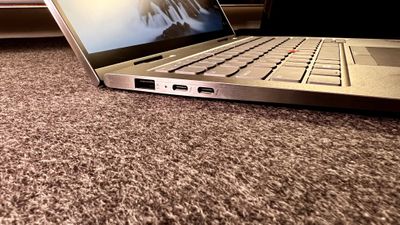
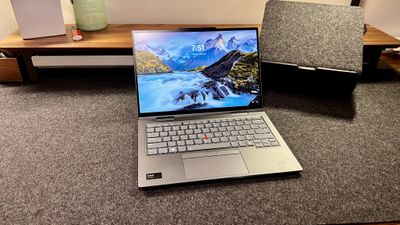
Specifications
Reasons to buy
Reasons to avoid
✅ You want a versatile 2-in-1 laptop: The ThinkPad X1 2-in-1 Gen 9 offers great flexibility, allowing you to switch between laptop and tablet modes for a variety of tasks.
✅ You need a business laptop with great battery life: With up to 14+ hours of battery life, this laptop is perfect for long workdays.
❌ You’re looking for a budget laptop: The ThinkPad X1 2-in-1 comes with a high price tag, making it less suitable for those on a tight budget.
❌ You rely heavily on USB ports: The laptop’s limited USB-C ports, only available on one side, could be restrictive for those needing more connectivity options.
The Lenovo ThinkPad X1 2-in-1 Gen 9 stands out as a versatile and reliable business machine, combining flexibility with robust performance. Its 2-in-1 design allows you to switch seamlessly between laptop and tablet modes, making it a great choice for students and professionals who need a device that adapts to various tasks.
Powered by an Intel Core Ultra 5 processor and 16GB of RAM, the ThinkPad X1 2-in-1 Gen 9 is well-suited for multitasking and business applications. The 14-inch WUXGA display is bright and easy on the eyes, with an anti-glare coating that reduces strain during extended use. Despite its slim design, the laptop manages to pack in an impressive array of ports, making it highly functional for a wide range of tasks.
The high price and some odd design choices, such as the placement of the fingerprint reader, may be drawbacks for some users. However, its long battery life, flexible form factor, and strong performance make the ThinkPad X1 2-in-1 Gen 9 a top choice for those seeking a reliable, portable, and adaptable device for both work and play.
Read our full Lenovo Thinkpad X1 2-in-1 Gen 9 review
Best workstation laptop for engineering students
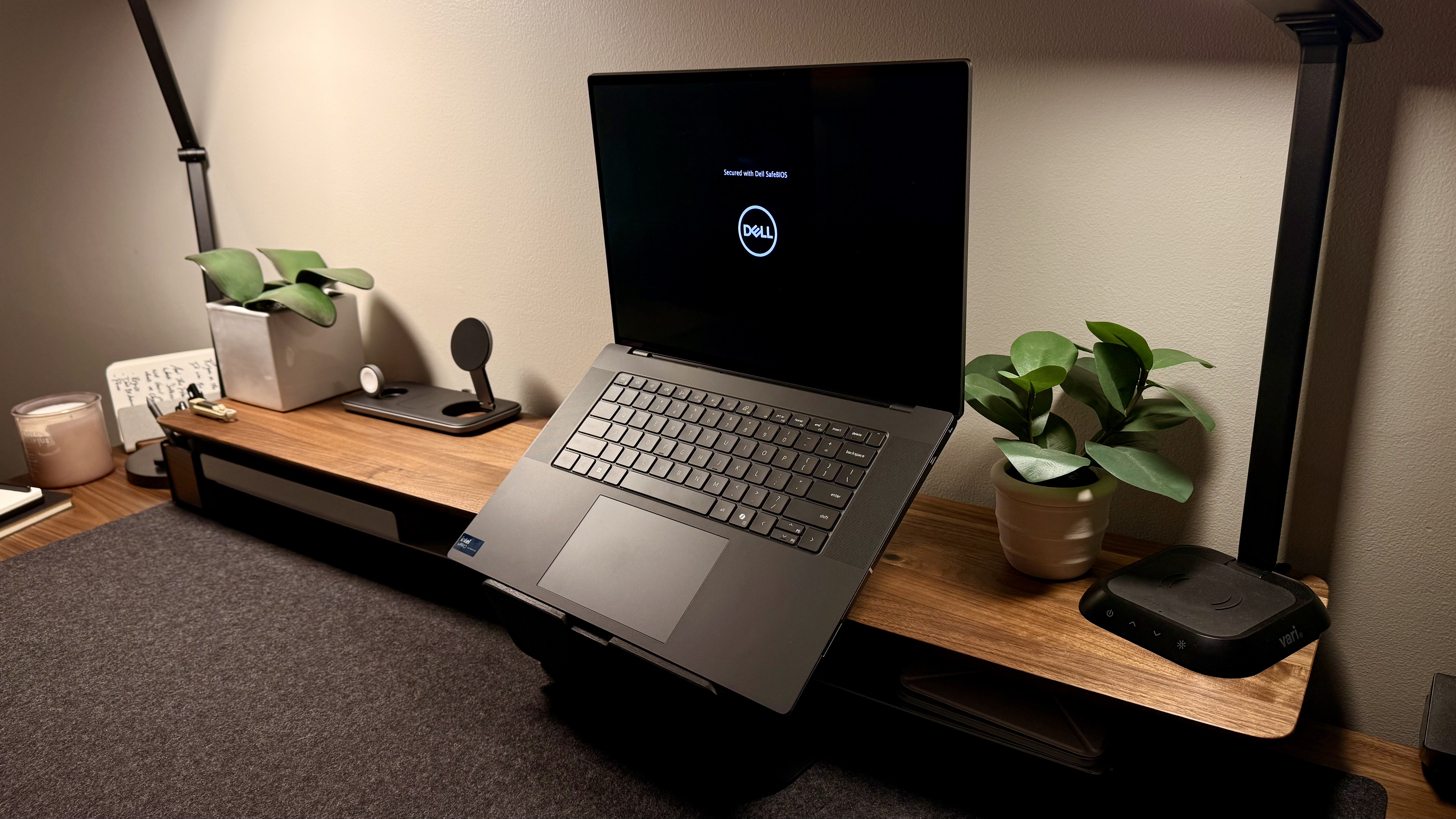
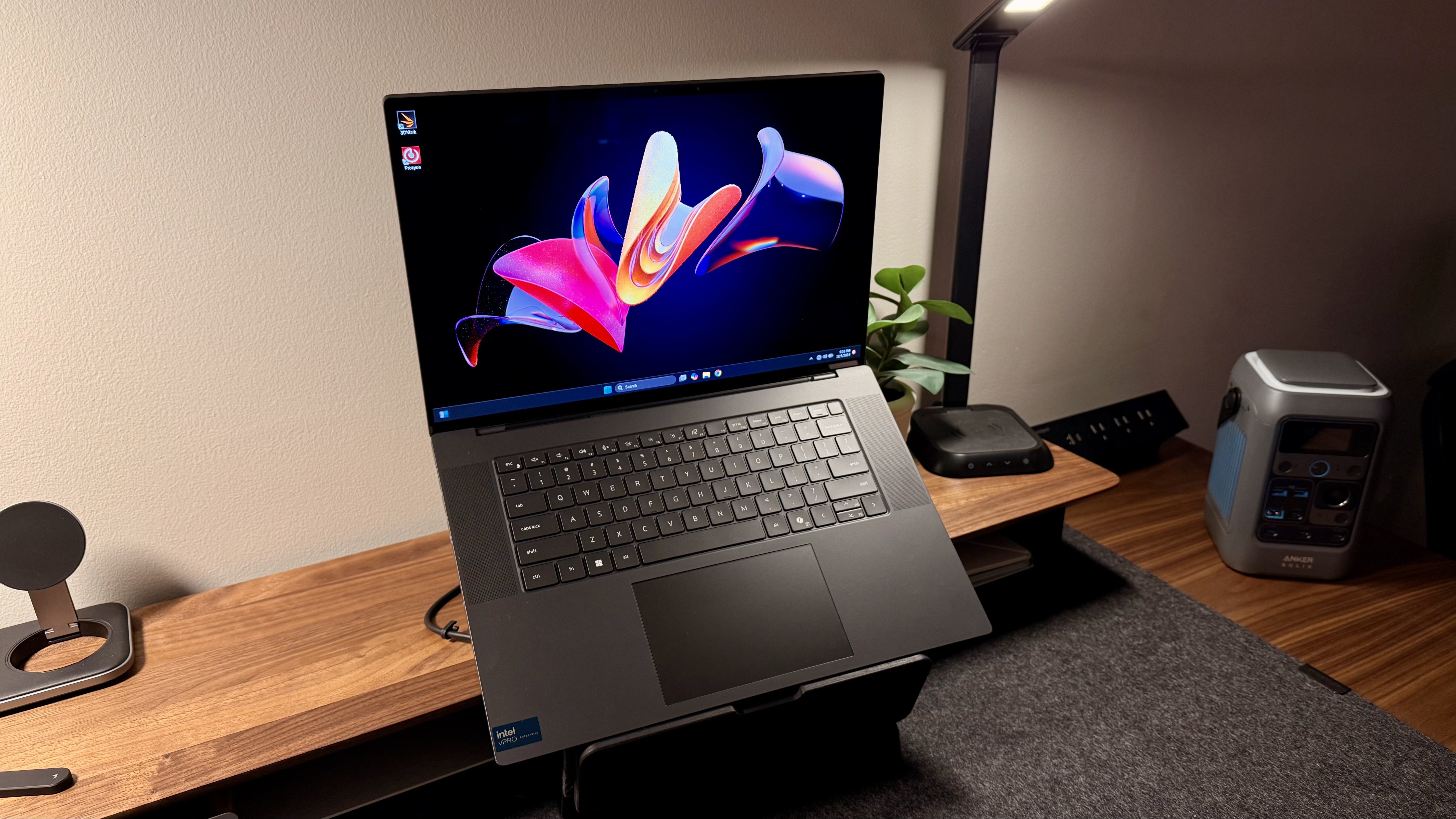
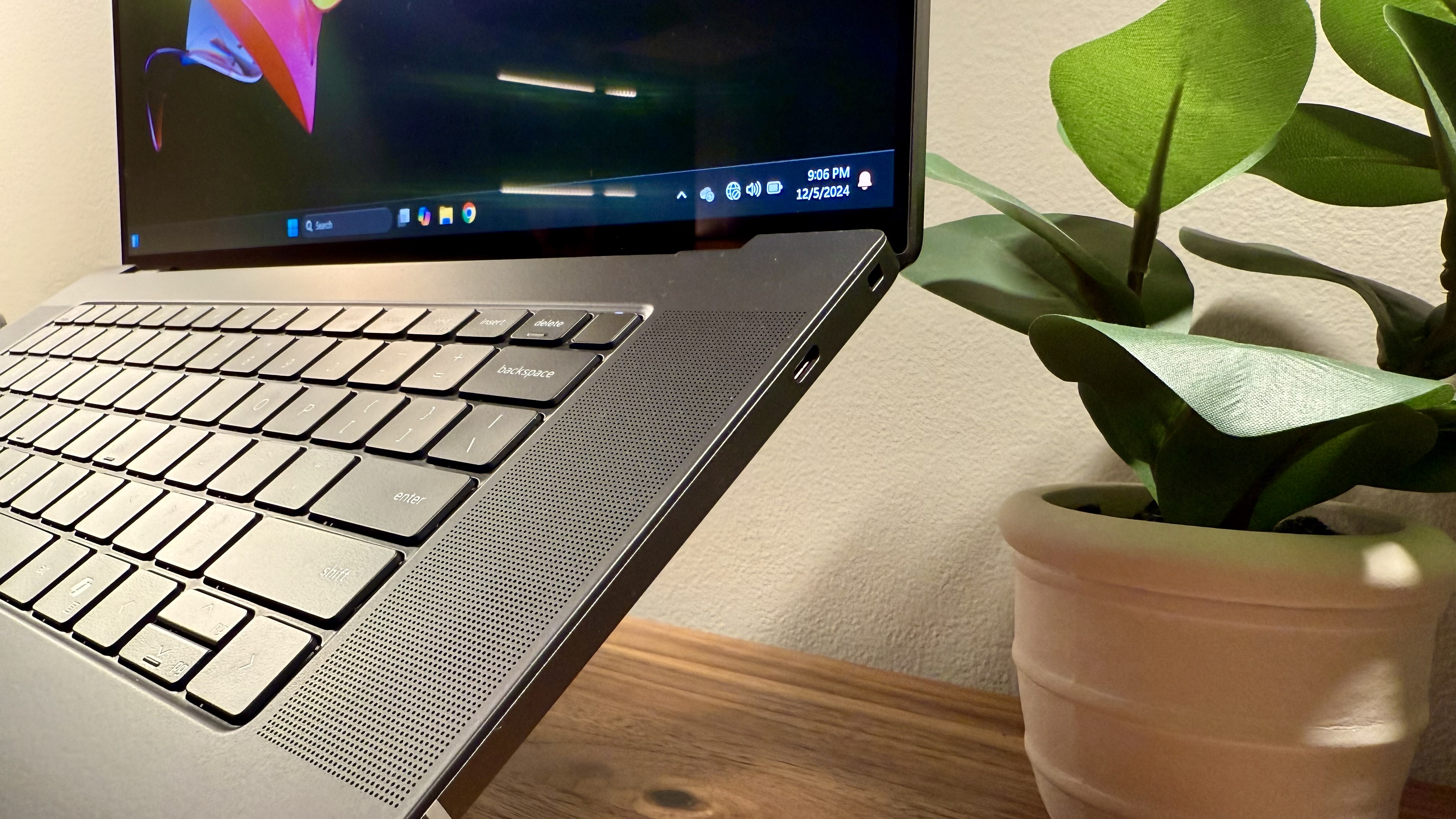

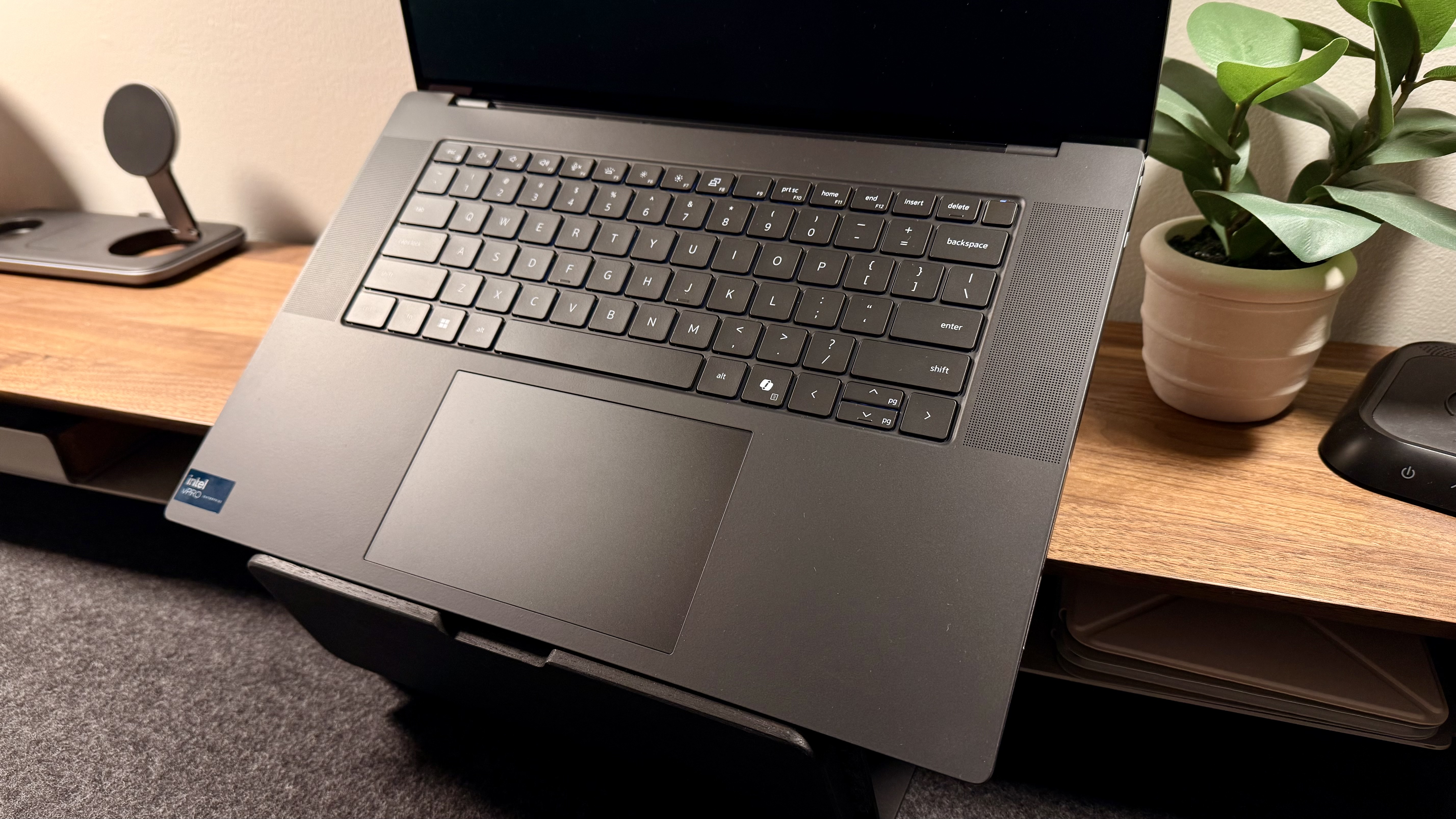
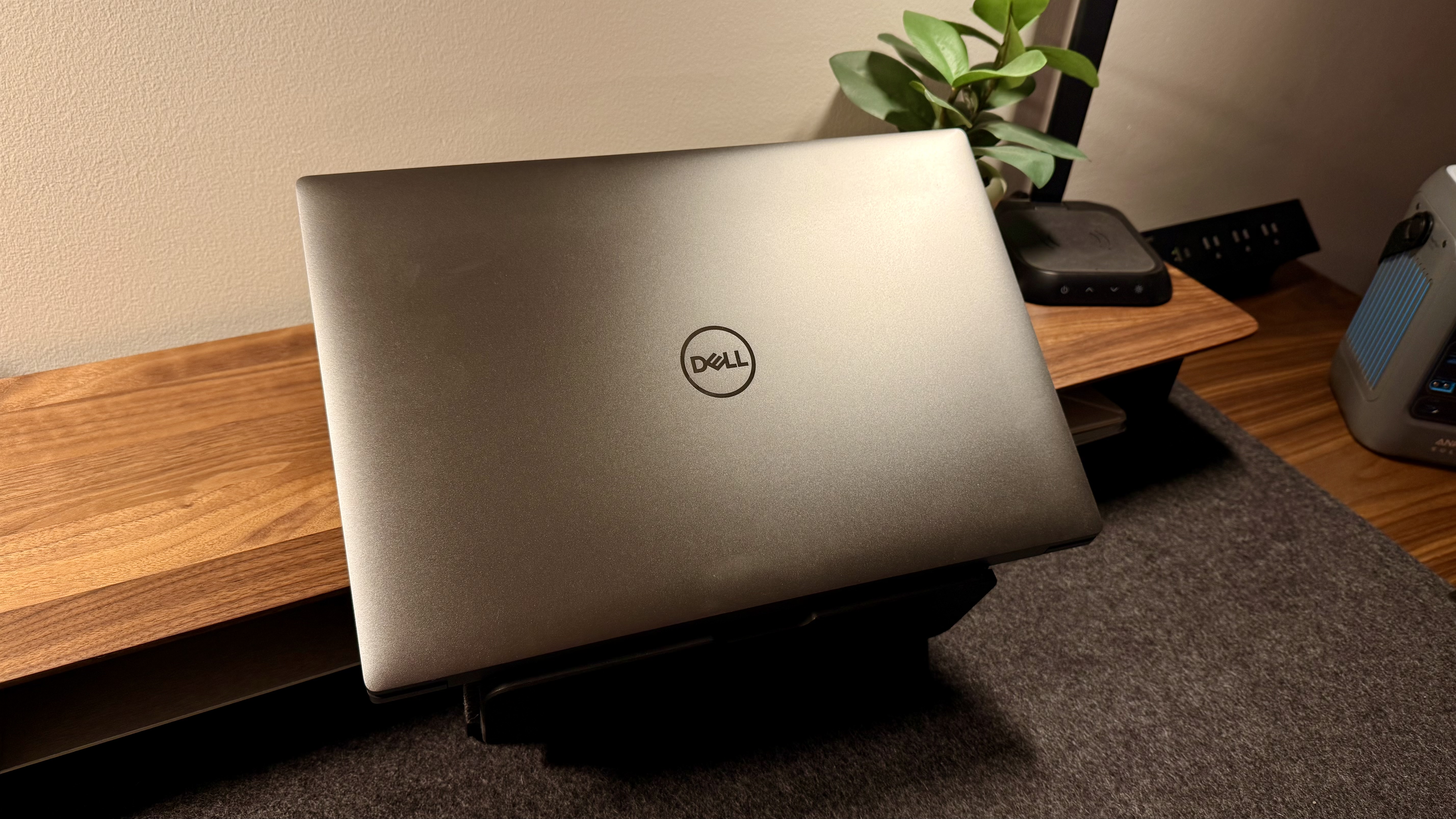
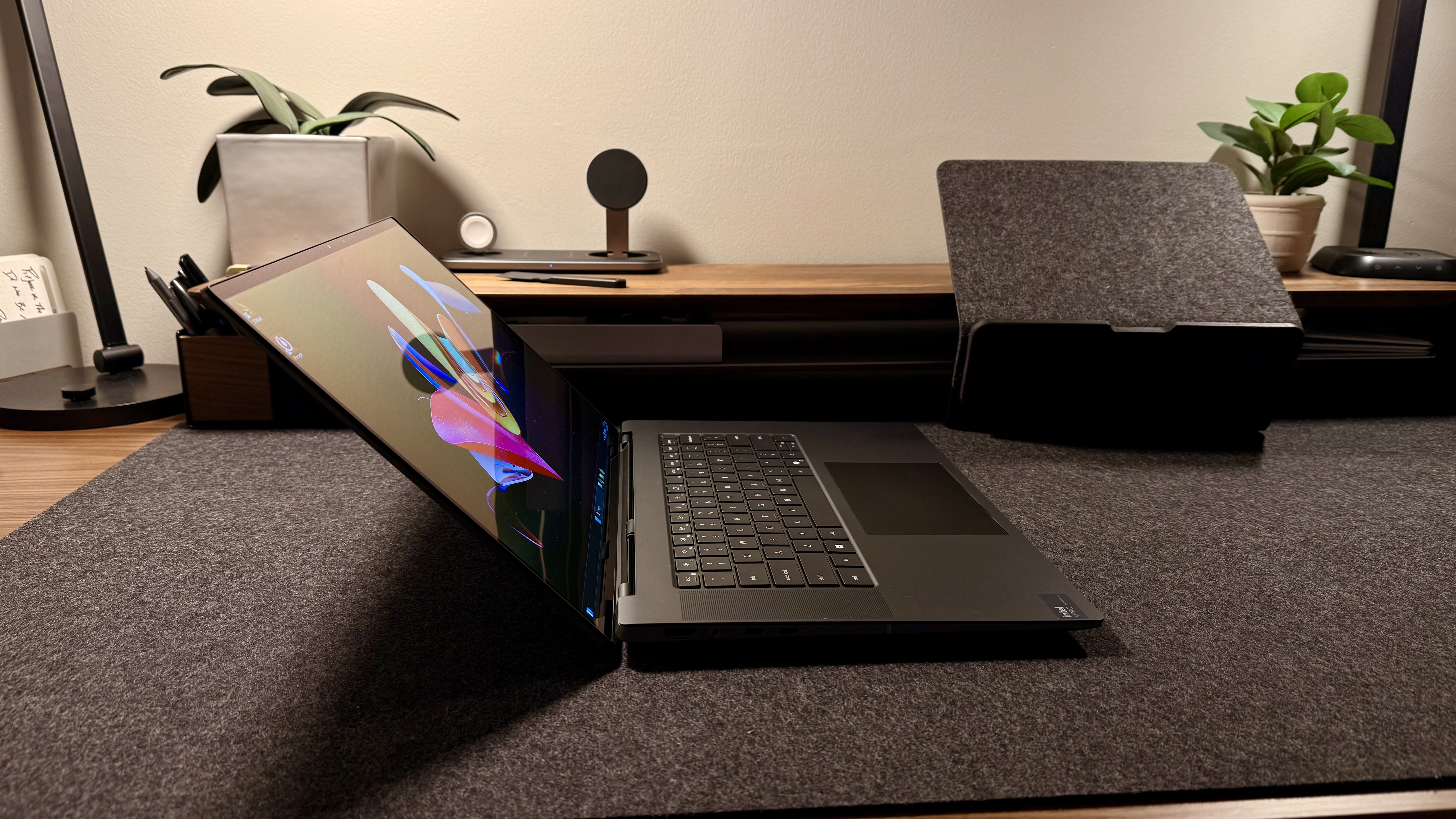
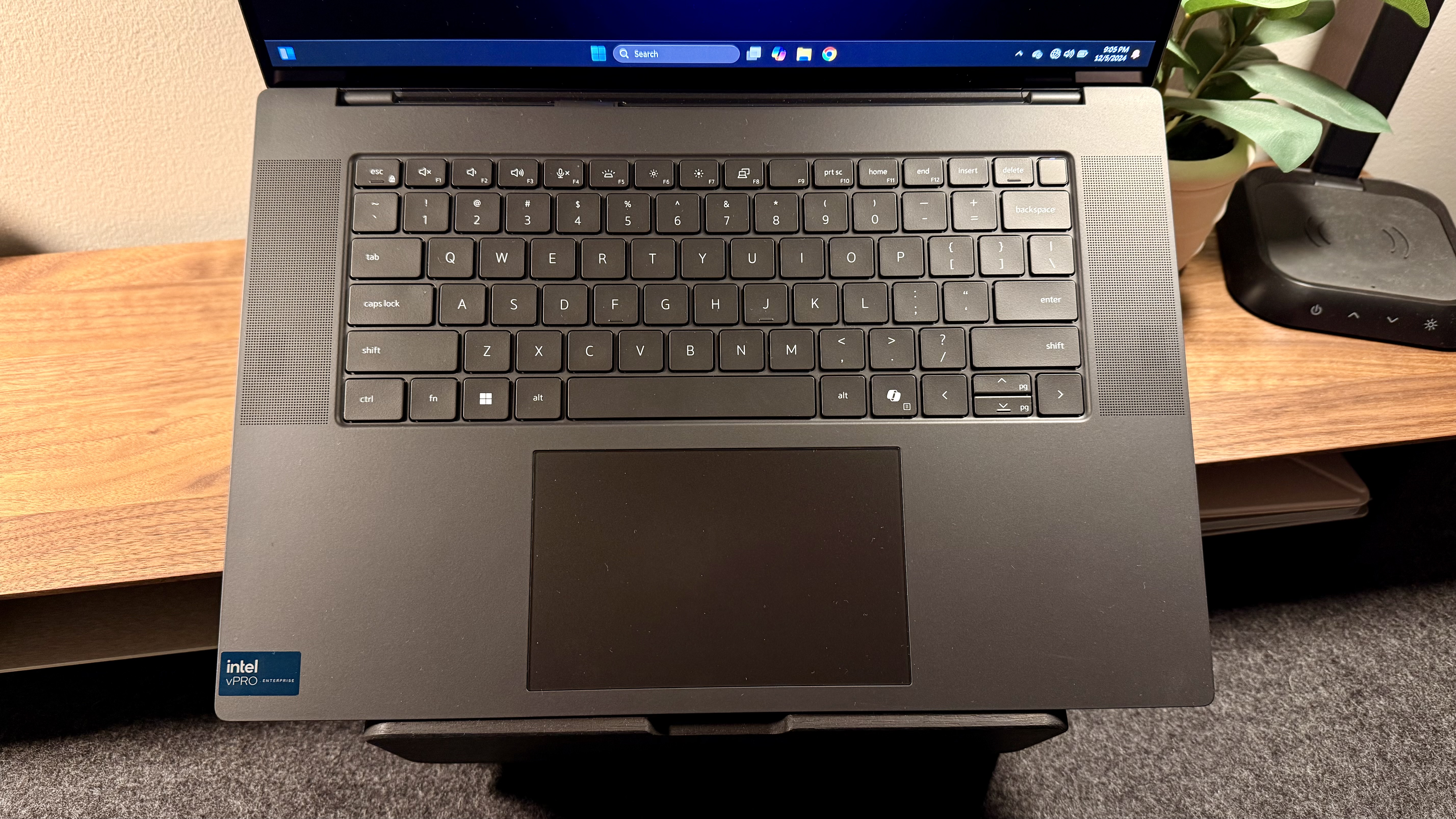
Specifications
Reasons to buy
Reasons to avoid
✅ You want a powerful machine: The Precision 5690 from Dell is built around high performance with the specs to match.
✅ You want one of the most portable mobile workstation around: While it's not totally compact, it has one of the smallest footprints of any laptop of its class.
❌ You’re working to a budget: This is an expensive unit, as you'd expect with specs like these.
❌ You need a content creation station: While the GPU is good, the real focus for this is for business-type use cases, where it excels.
If you're looking for power, and your budget stretches to it, the Dell Precision 5690 is one of the best of its kind. A mobile workstation that, during our tests, smashed through every kind of task we threw at it, whether it was simple browsing and coding to CAD and 3D modeling. With benchmark results of the kind offered by this laptop, we have no worries about using it for engineering projects.
Specs are good, boasting a Core i9 CPU and Nvidia RTX 5000 Ada graphics card, which means it will capably handle almost any task an engineering student will perform. We also liked the broad and bright 16-inch display, making it easy on the eye and simple to drill down on the details.
As expected from a workstation laptop, we experienced no performance issues with this machine. It's also one of the smallest laptops of its class, giving it great portability without weighing us down (well, not too much, anyway).
But it's an expensive machine. On that score, I'd recommend seeing this as more of an investment for your engineering classes and well beyond that - especially with the right components.
Read our full Dell Precision 5690 review.
Best laptops for engineering students: FAQs
Are Apple laptops good for engineering students?
Are MacBooks good for engineering students?
Apple MacBooks have always been a solid competitor in the world of laptops for engineers. With the recent jump to Apple's own silicon with the M1 and M2 chips, these laptops have gotten even more efficient and even better at multitasking while also powering through even the largest of programs and tasks.
However, the issue is that many engineering programs, like those from Autodesk, will only work on the Windows operating system. If in doubt, ask your school or college which software you'll be using on your course.
If you do decide to buy an Apple MacBook Pro, check out our Apple promo codes to save money on your purchase.
Do engineering students need a powerful laptop?
Engineering students need a powerful laptop - although this need is balanced by the portability of the device and the type of software that's being run.
Using engineering programs pushes devices far harder than, say, the best laptops for writers. Even the best laptops for programming won't work as hard as laptops for engineering students.
Ultimately, a CAD or SolidWorks window pulls significantly more power than a text document or web search. As such, a dedicated GPU and plenty of RAM are key requirements, while CPU is more dependent on the chosen software.
How to choose the best engineering laptop for you
When choosing the best laptop for an engineering student, there are a number of factors to consider.
A great laptop for engineering students must operate high-powered applications simultaneously with many open program windows - a CAD window, a large mapping service, and a large Excel sheet.
Since you will likely be using complex programs like AutoCAD, MATLAB, and SolidWorks, you will need a laptop with sufficient power to run them smoothly and effectively. It can be graphically intensive when using programs like the best graphic design software and the best 3D modeling software.
For that reason, and for an uninterrupted workflow, look for laptops spec'd with the best graphics cards, best processors, and best RAM. We recommend a laptop with the latest Intel Core i5 or Core i7 chips as a minimum, 1TB SSD storage, and 16GB of RAM – although 32GB is even better.
A clear display with a minimum 1080p resolution is advisable - although size will be a matter of preference, unless you need as much information on the screen as possible.
Portability and ruggedness are key features - you should be able to carry your laptop around all day, wherever you need to work. And the device handle a few accidental bumps along the way. As part of this, check the battery life of each device. An all-day battery means you won't have to lug around a charger everywhere. But if you're mostly going to have your setup in one place, then a lower battery capacity will be acceptable too.
Typical laptops focus on a lightweight frame, long battery life, or other specifications for easy communication and media consumption (eg. webcams, WiFi, screens). Laptops for engineering students need to be able to perform advanced operations easily, even if they don't have all-day battery life.
It's also worth asking your school, college, or university if they have preferred machine, or minimum hardware specifications. In many instances, the engineering software you use will be restricted to a particular operating system - usually Windows - so it's best to get that information before committing.
How we test the best laptops for engineering students
✅ More than 1,800 laptops, Chromebooks, and MacBooks reviewed
✅ 15 years of product testing
✅ Over 16,000 products reviewed in total
✅ Nearly 200,000 hours testing tech
Our team of reviewers have tested hundreds of the best laptops to find the top-rated for all students.
We take the same rigorous approach to our review process whether we’re reviewing the best laptops for MBA students, comparing the specs of the best laptops for computer science students, or benchmarking the performances of the best laptops for architecture students.
When testing the best laptops for engineering students, we compare all specs, and run simulated and real-world benchmarking tests. We also undertake a full battery life test to see how well it measures up to a manufacturer’s generous claims - because being able to work on the move is essential here.
We’re looking for devices that are powerful, running engineering programs across a range of disciplines without slowdowns or lagging. They should be discreet and high-performance machines that keep you focused on your classes, not the overwhelming noise from the fan.
We also look at portability - the best engineering laptops for students boast slim and sleek designs, comfortably slipping into your bag. While when we evaluate build quality, we expect to see a durable construction that can withstand a busy commute, crossing campus, and from dorms to libraries to labs.
We also assess connectivity and port selection, screen size, overall weight and dimensions, and test out extra features such as face recognition or fingerprint sensors. Finally, we look at which of the best student engineering laptops offer genuine value for money.
You can find out more in our detailed guide How we test laptops and desktops: our reviewing process explained.
Are you a pro? Subscribe to our newsletter
Sign up to the TechRadar Pro newsletter to get all the top news, opinion, features and guidance your business needs to succeed!
Former TechRadar Pro B2B Hardware Editor, Collin has been in journalism for years, with experience in small and large markets, including Gearadical, DailyBeast, FutureNet, and more.
- Steve ClarkB2B Editor - Creative & Hardware
